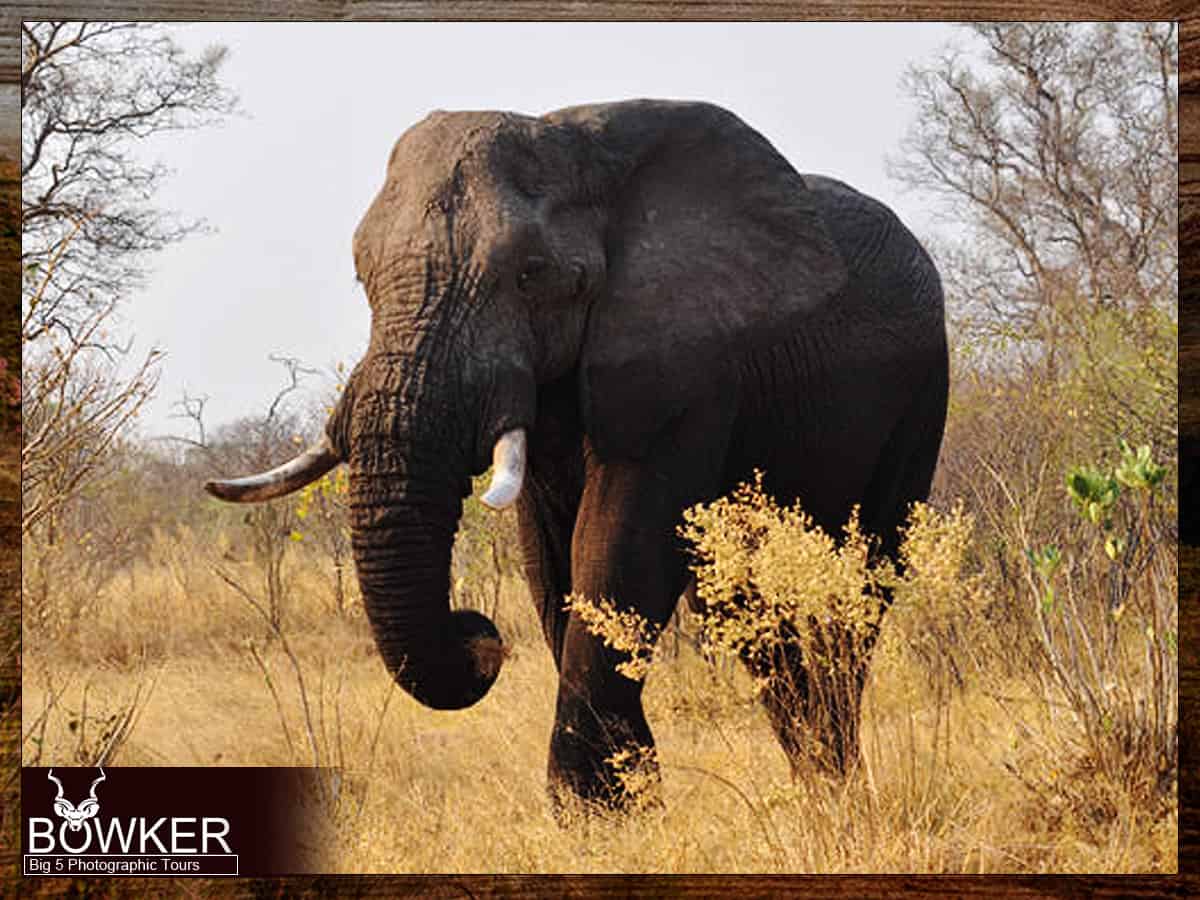This blog will explore Addo Elephant Park’s accommodation and costs. The accommodation relates to staying inside the park. Very often, the park is booked up, and some pricing in the park is on the expensive side. We will explore accommodation outside the park in a separate article.
Table of Contents
The Cost of Exploring Addo Elephant National Park
Here’s a quick pricing table. You can see more information below.
Please remember that these prices are approximate and can vary based on factors like the type of accommodation, the time of year, and the specific services you choose. It’s advisable to check the official Addo Elephant National Park website for the most current and detailed pricing information when planning your visit.
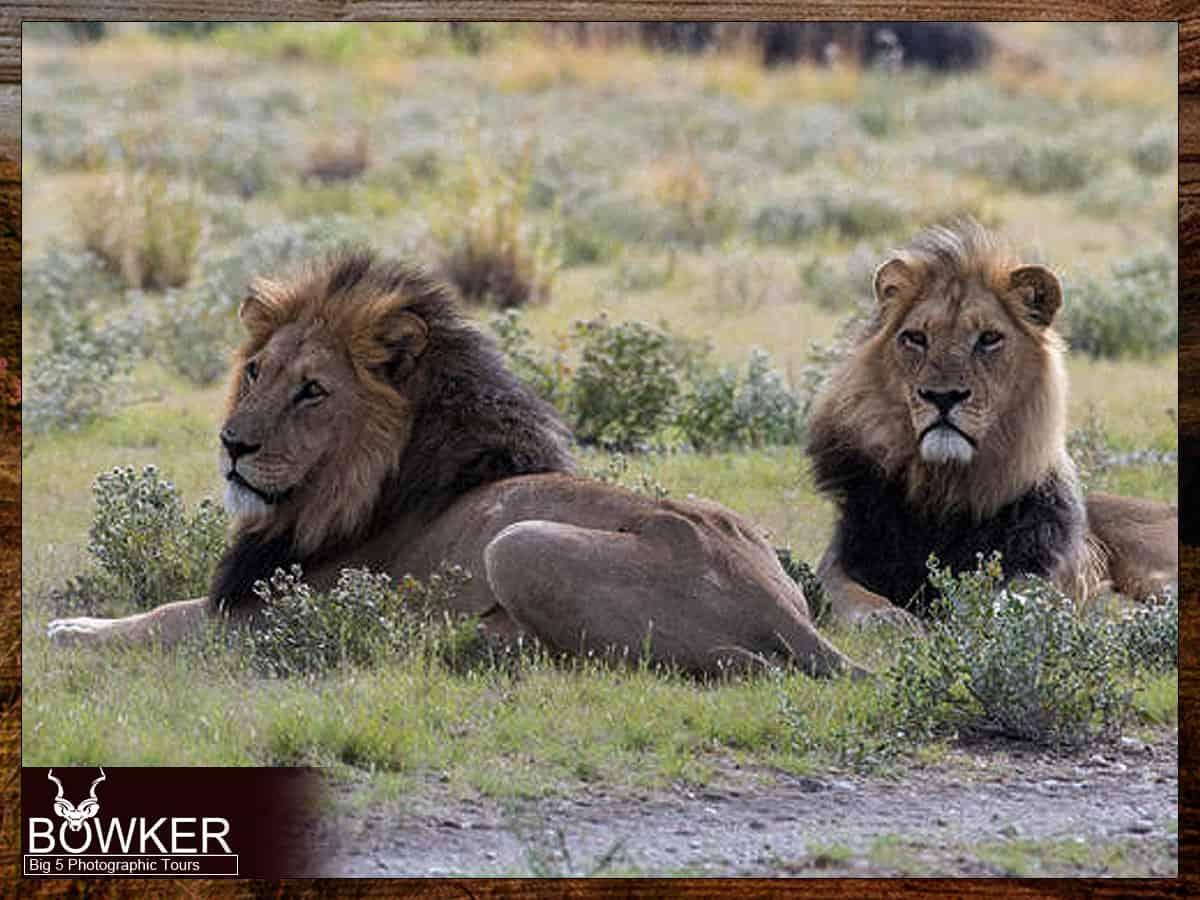
| Service/Item | Price (in South African Rand, ZAR) |
| Entrance Fees | |
| – South African Adults (per day) | R100 |
| – South African Children (per day) | R50 |
| – SADC Nationals (per day) | R200 |
| – International Visitors, Adults (per day) | R400 |
| – International Visitors, Children (per day) | R200 |
| Accommodation | |
| – Campsites (per night) | R300 – R500 |
| – Rest Camp Chalets (per night) | R1,000 – R2,500 |
| – Luxury Lodges (per night) | R3,000 – R6,000 |
| Game Drives and Safaris | |
| – Guided Game Drives (per person) | R350 – R600 |
| – Self-Drive Safari (per vehicle) | R250 – R300 |
| Activities and Tours | |
| – Birdwatching Tour (per person) | R200 – R350 |
| – Hiking Trails (per person) | R100 – R300 |
| Additional Fees | |
| – Conservation Fee (per vehicle) | R55 (Payable at the gate) |
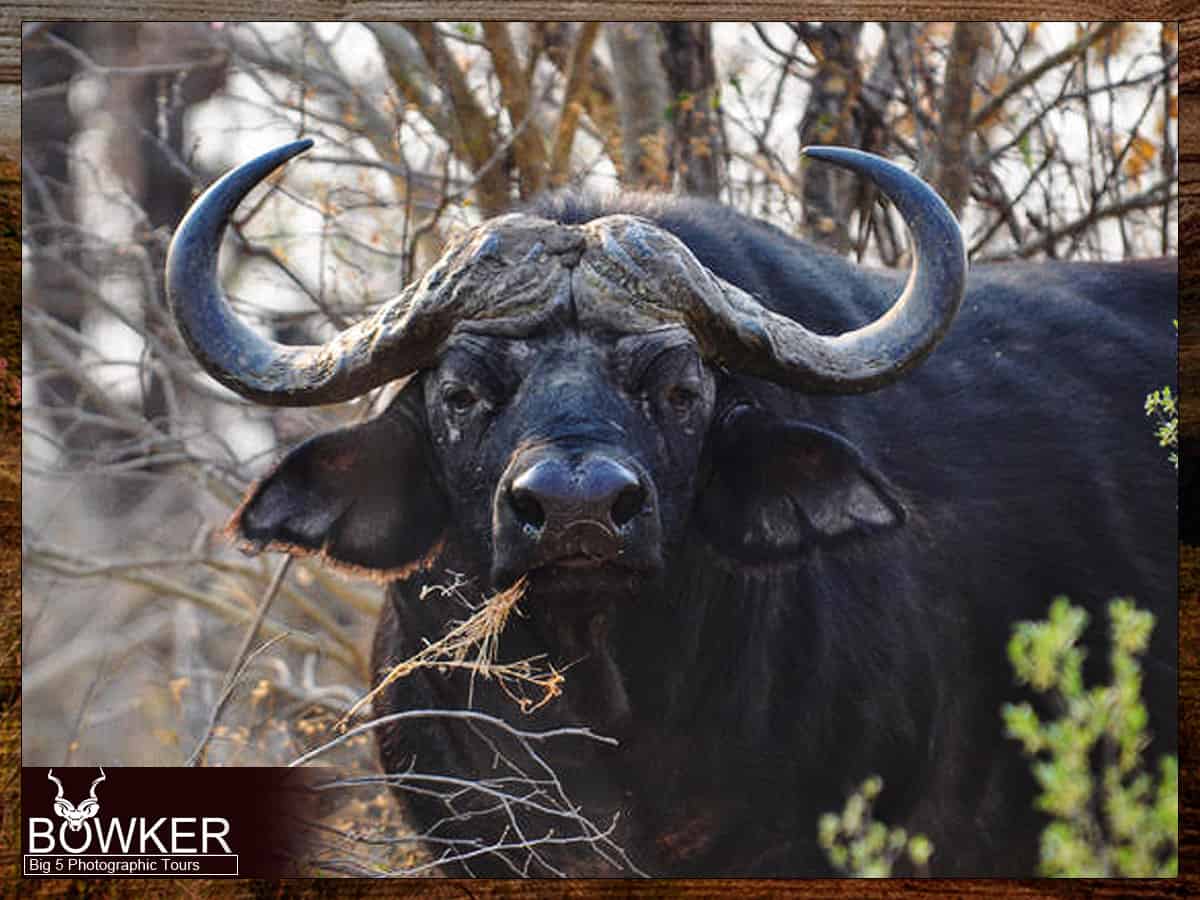
Addo Elephant National Park, an enchanting slice of South African wilderness, beckons nature enthusiasts and adventurers with its unique offerings. Before embarking on your journey into this extraordinary landscape, it’s essential to understand the costs of visiting this captivating destination. These fees encompass various aspects of your exploration and are influenced by several critical factors. This section will delve into the types of fees you can expect and the key factors that shape them.
Entrance Fees
Your adventure in Addo Elephant National Park commences with entrance fees, the initial costs of your visit. These fees are determined by your nationality and age, reflecting the park’s commitment to accessibility. South African adults typically pay around R100 per day, while children enjoy reduced rates at approximately R50 per day.
For visitors from Southern African Development Community (SADC) countries, the entrance fee is approximately R200 per day, and international travelers can expect to pay roughly R400 per day. These fees ensure that the park remains accessible to a broad range of visitors, from locals to international guests.
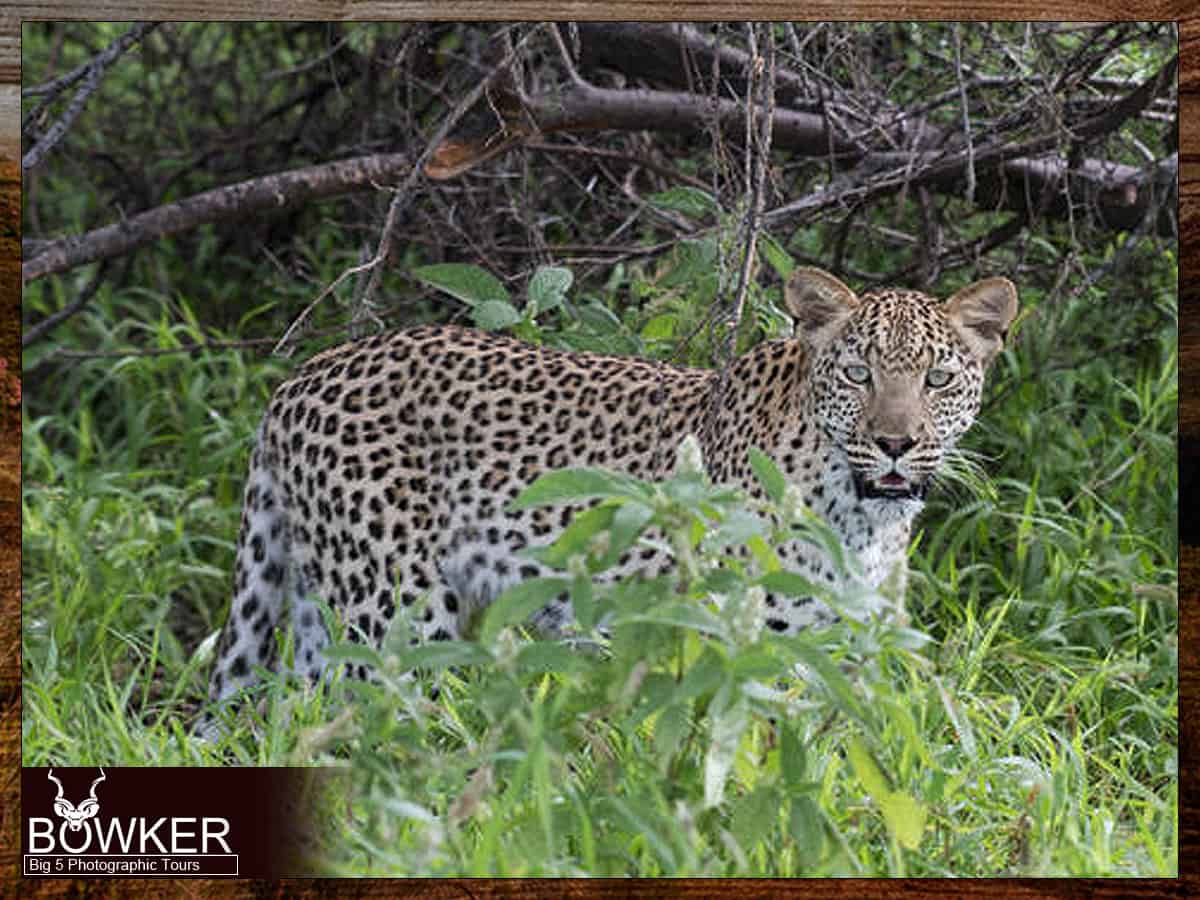
Accommodation Costs
The type of lodging you select during your visit plays a pivotal role in determining your accommodation costs. Addo Elephant National Park offers a range of options, from rustic campsites beneath the starry African sky to comfortable chalets, rest camps, and luxurious lodges. Campsite fees range from around R300 to R500 per night, making them a budget-friendly choice for those seeking an authentic outdoor experience.
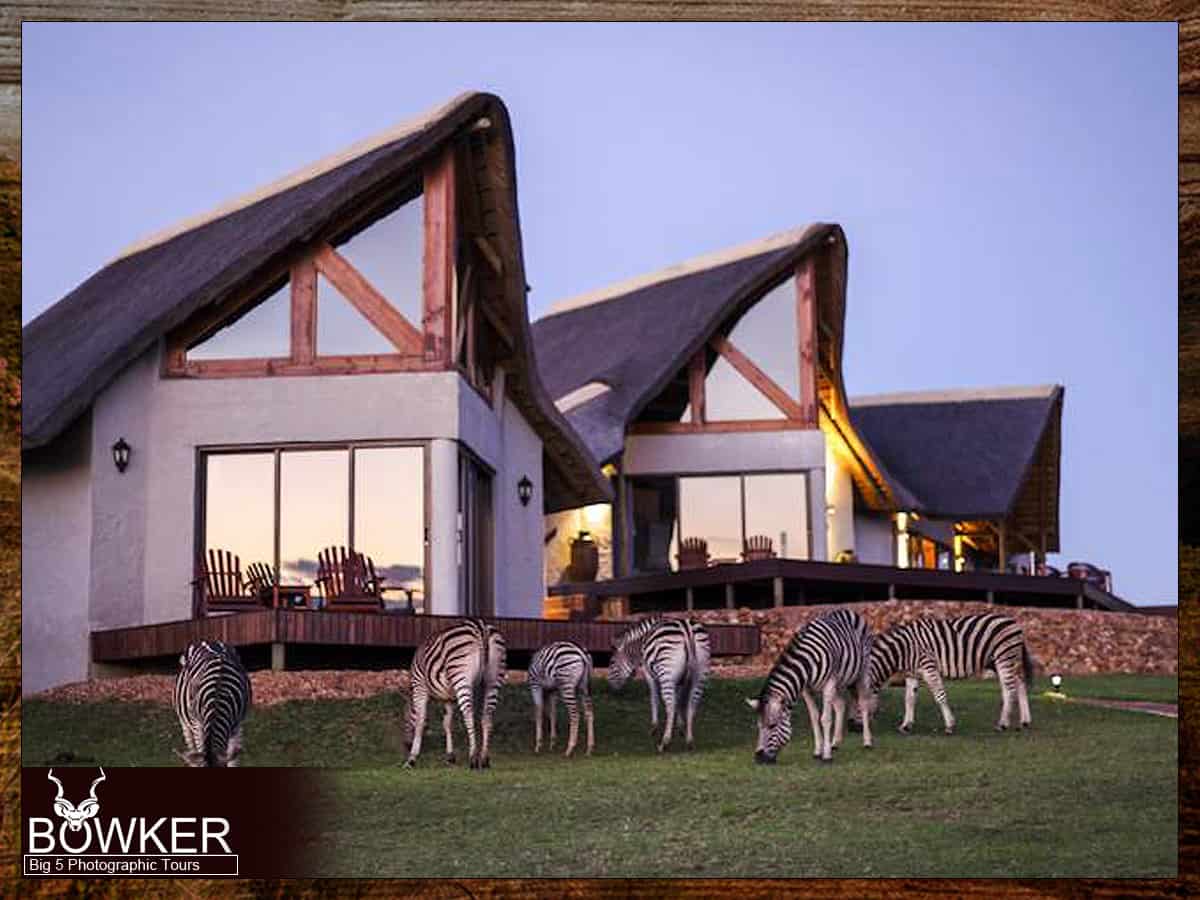
Chalets and rest camps provide a mix of comfort and proximity to the park’s attractions, with prices varying from approximately R1,000 to R2,500 per night. For travelers looking for an opulent experience, luxury lodges offer high-end amenities and immersive safari encounters, with rates typically starting at about R3,000 and reaching up to R6,000 per night.
Your accommodation costs will fluctuate depending on your chosen style of lodging, and it’s important to consider the season of your visit, as prices tend to be higher during peak tourist periods.
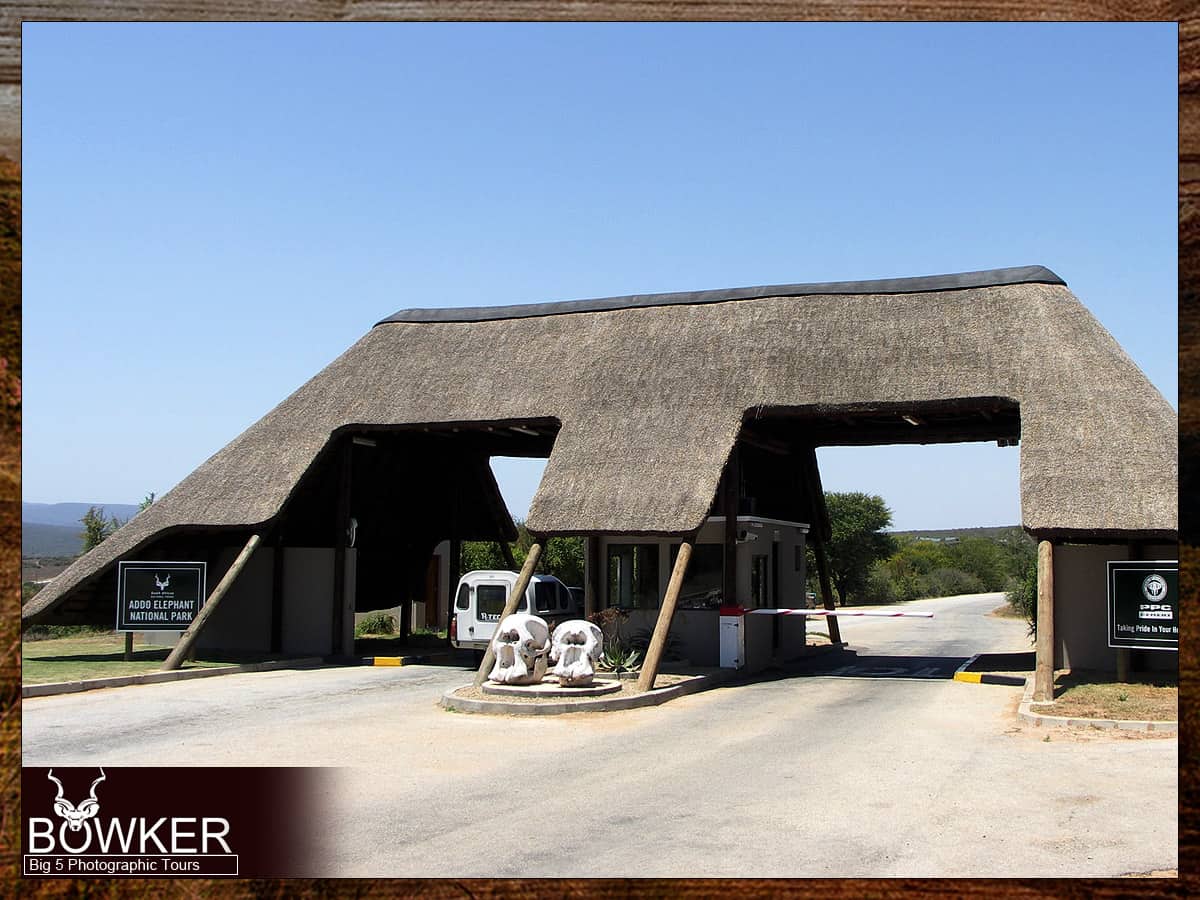
Guided Activities and Services
Enhancing your experience within Addo Elephant National Park, guided activities and services are available at additional costs. Game drives, led by knowledgeable rangers, provide unique insights into the park’s wildlife and ecosystems. The cost of these drives typically ranges from approximately R350 to R600 per person, depending on factors such as group size and the specific experience offered.

For those who prefer the freedom of self-exploration, self-drive safaris are a more budget-friendly option, with fees typically around R250 to R300 per vehicle. These safaris allow you to chart your course through the park’s breathtaking landscapes.
If you’re passionate about birdwatching or interested in hiking, there are specific fees for birdwatching tours and hiking trails, which typically range from R100 to R350 per person. The type of guided activity or service you choose and factors like the duration and exclusivity of the experience can influence the costs.
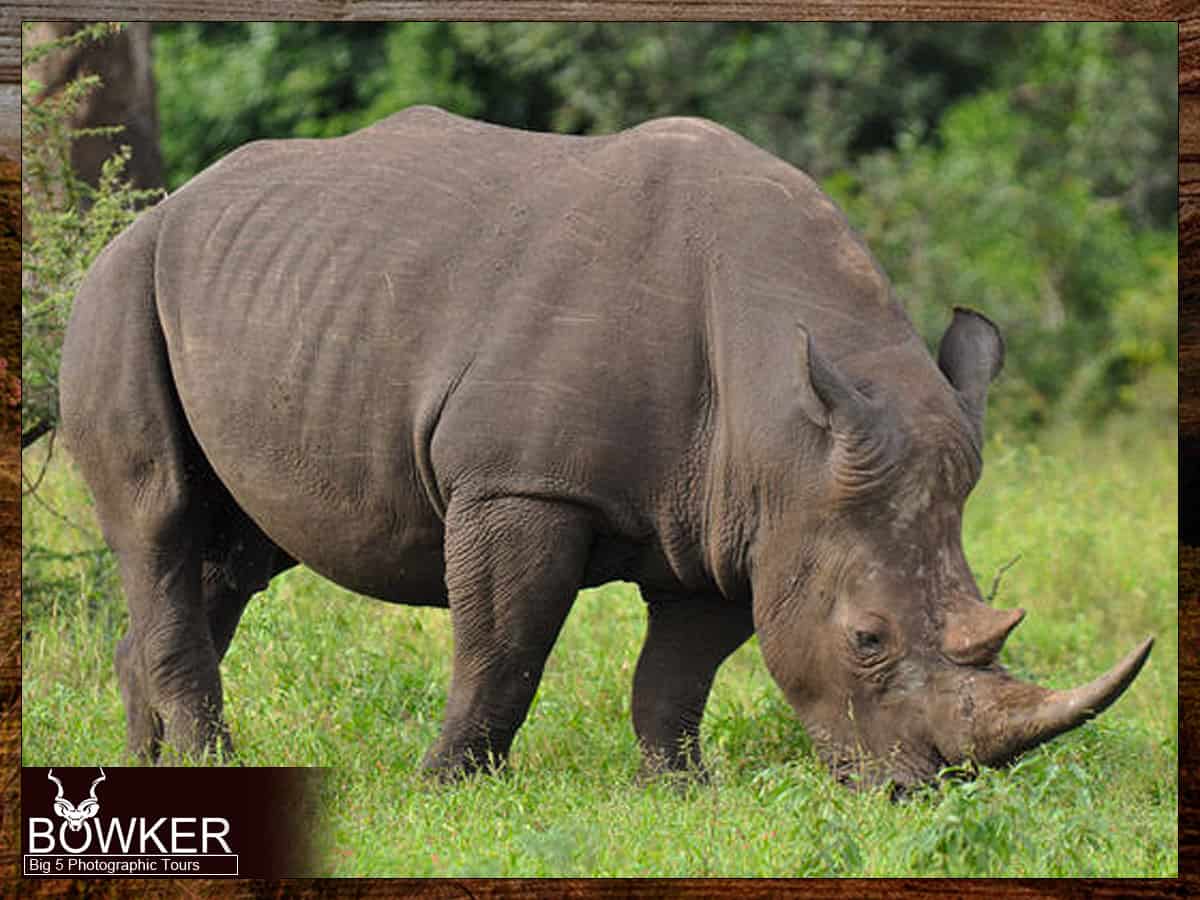
Additional Services
In support of conservation and the ongoing maintenance of the park, there are additional fees, such as the mandatory conservation fee of around R55 per vehicle. This fee is a one-time payment and directly contributes to the park’s conservation efforts, ensuring the preservation of its unique ecosystems and wildlife.
Additionally, specialized services, like guided San rock art tours or dining at on-site restaurants, come with their own associated costs. These services are subject to pricing variations, often based on the specific experience and the level of service provided.
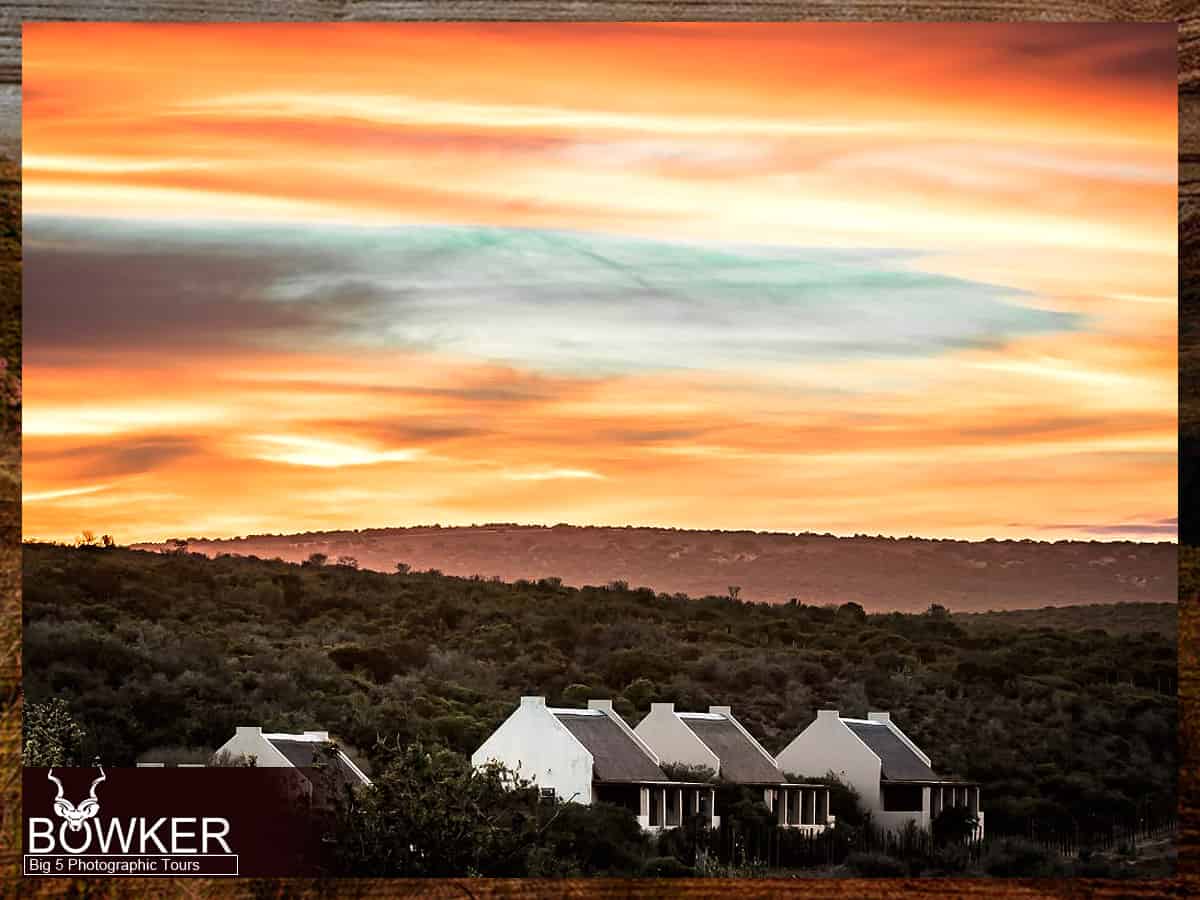
Factors Influencing Costs
Several factors shape the costs associated with visiting Addo Elephant National Park. The most significant ones include the type of accommodation you choose, the season of your visit, and the specific activities and services you opt for. Campsite fees, for instance, are notably lower during the off-peak season compared to the peak summer months, making it a strategic choice for budget-conscious travelers.
The level of comfort and exclusivity in your accommodation plays a critical role in pricing, as do factors such as the number of individuals in your group. Additionally, the choice of guided activities and services will affect the overall cost of your visit. For example, exploring the park through guided game drives or self-drive safaris allows you to tailor your expenses to your preferences.
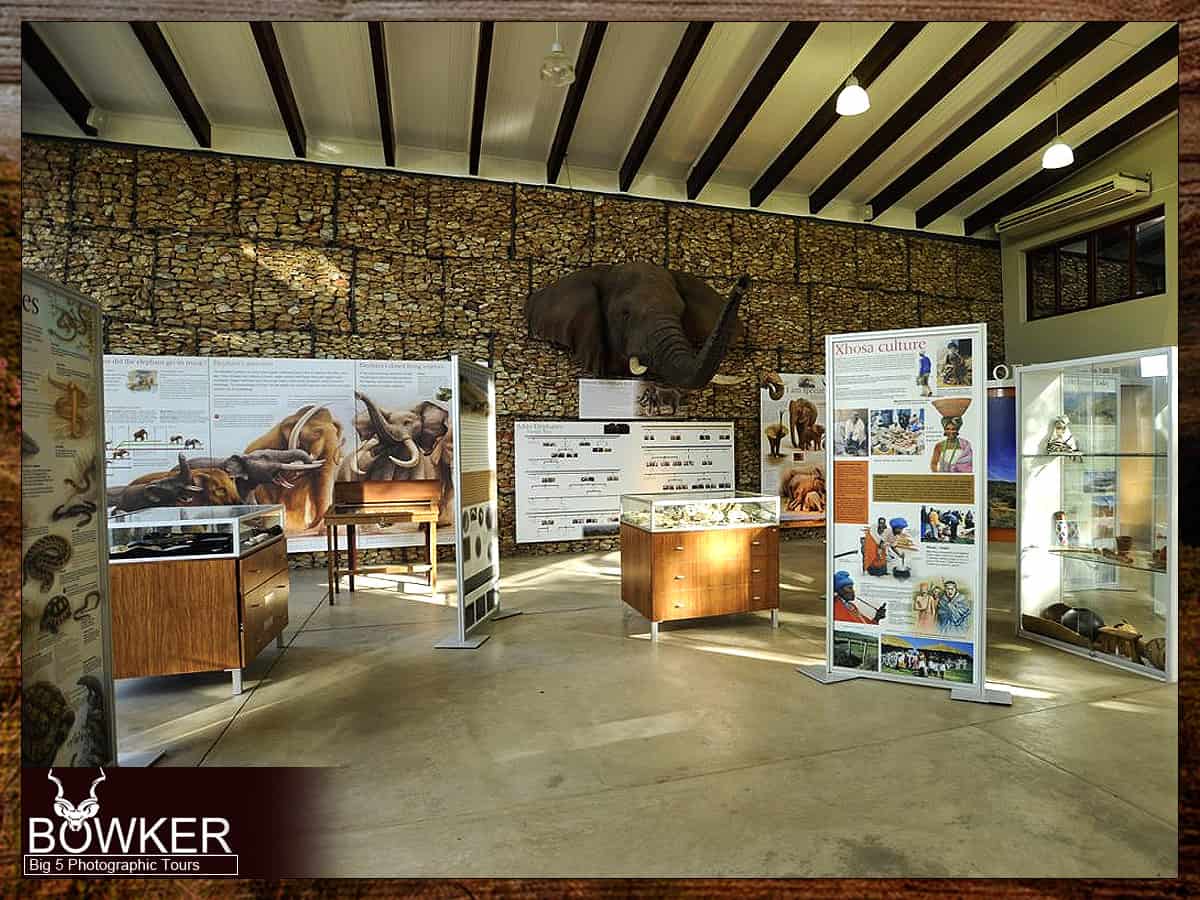
The cost of exploring Addo Elephant National Park encompasses various fees, each influenced by a combination of factors. These factors range from your nationality and age to the level of comfort and services you prefer and the season of your visit. By understanding the costs and the factors that mold them, you can better plan your journey through the enchanting wilderness of Addo Elephant National Park, ensuring an unforgettable and well-prepared adventure.
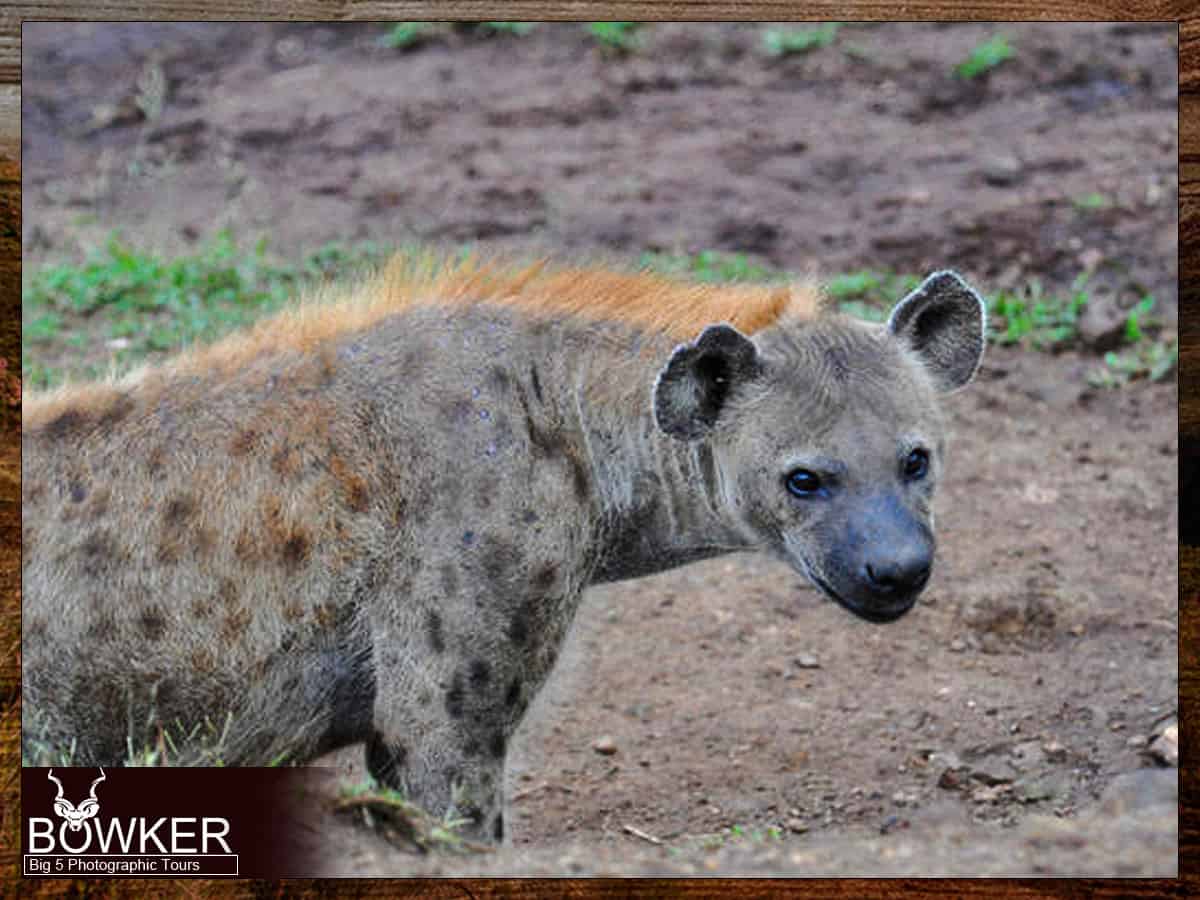
Addo Elephant Park Accommodation Options
Campsites
Addo Elephant National Park is a land of enchantment where the wilderness comes alive with a symphony of sounds and colors. And what better way to experience the magic of nature than by spending a night or two in one of the park’s comfortable and eco-friendly camps?
The park offers a range of accommodation options that cater to all budgets and preferences, from rustic campsites to cozy bungalows and luxurious lodges. Each camp is unique in its own way, offering visitors a chance to experience the park’s diverse landscapes and wildlife up close and personal.
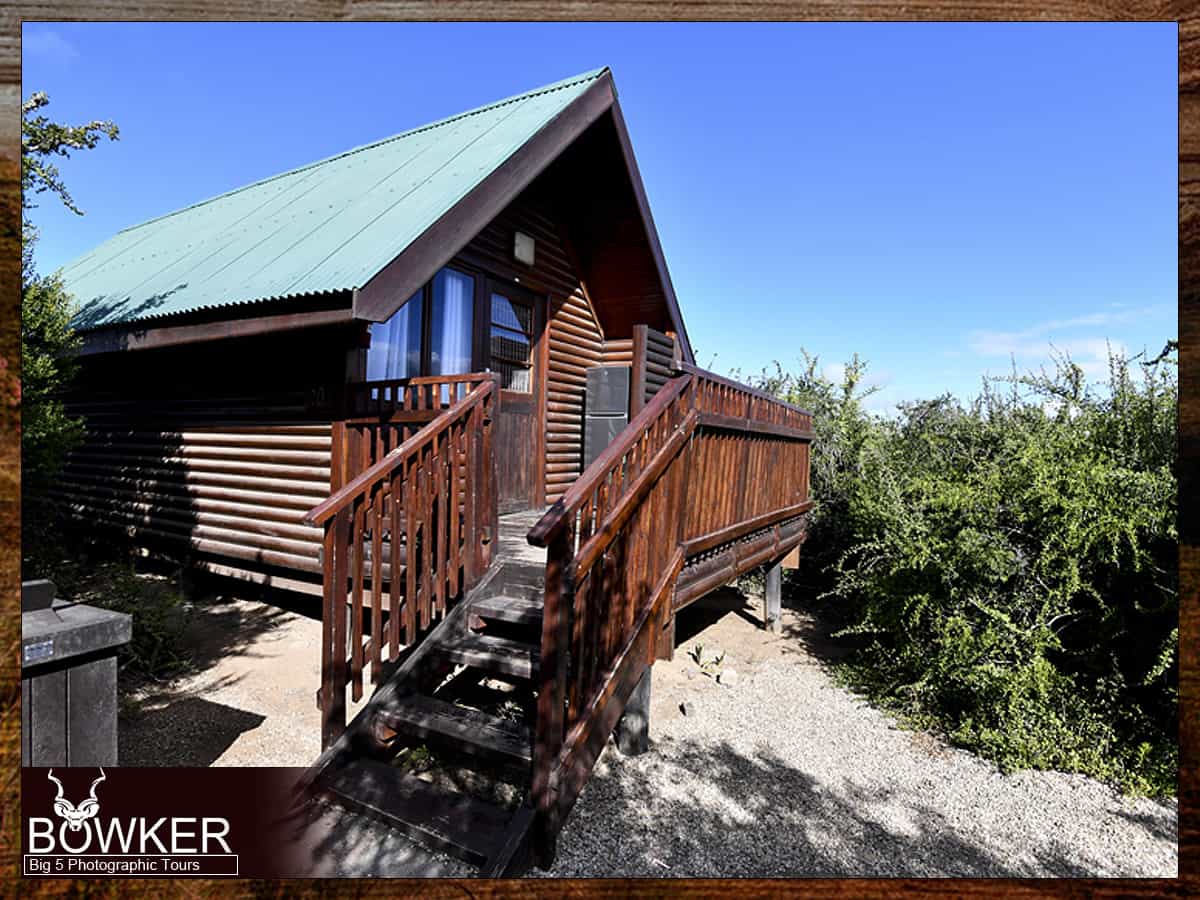
Main Camp
The Main Camp is the largest and most developed of the park’s camps, offering a range of accommodation options that cater to all budgets and preferences. The camp’s bungalows are spacious and comfortable, with en-suite bathrooms and fully equipped kitchens. The camp also has a restaurant, a shop, and a swimming pool, making it the perfect base for exploring the park.
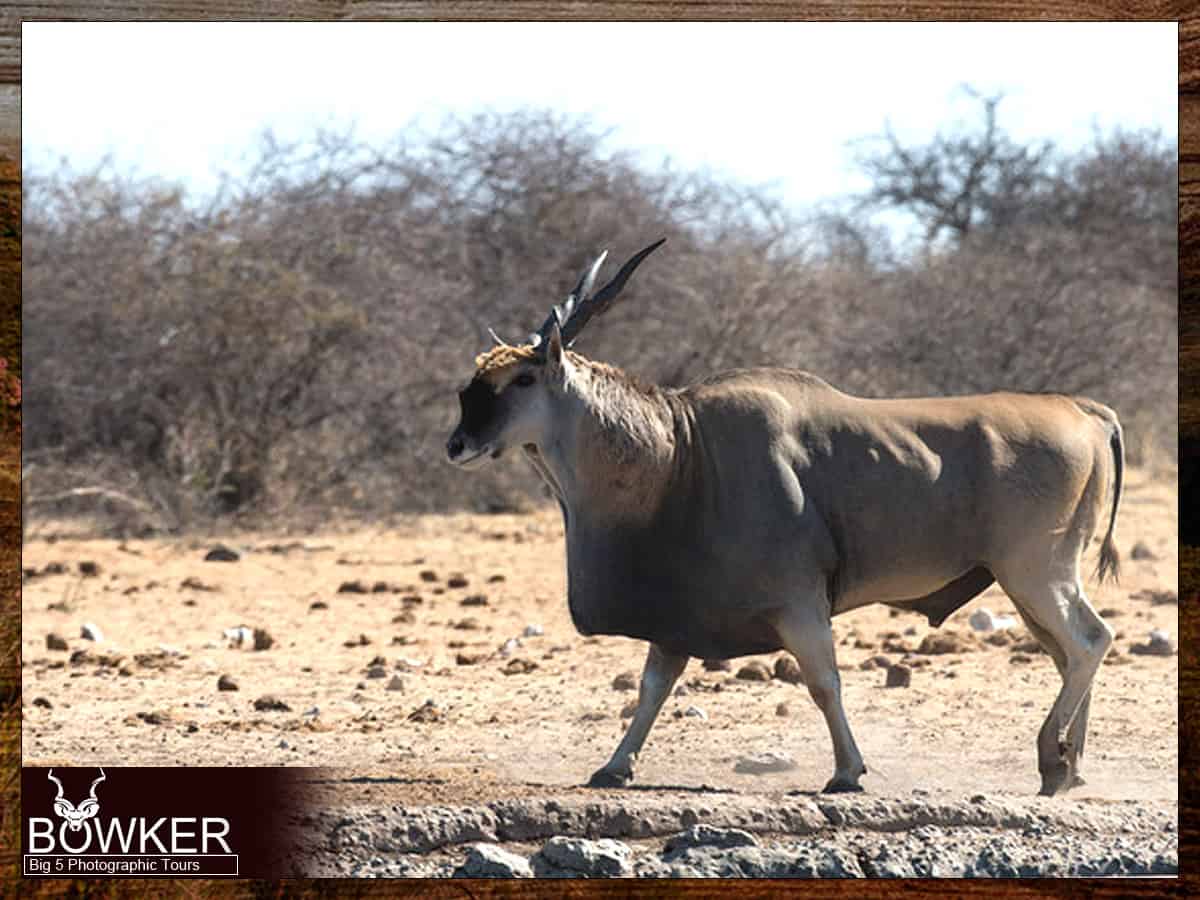
Matyholweni Rest Camp
Matyholweni Rest Camp is the newest addition to the park’s camps, located near the park’s southern entrance. The campsite offers 12 self-catering chalets that are tastefully decorated and fully equipped with all the amenities you need for a comfortable stay. The camp also has a restaurant, a shop, and a swimming pool, making it the perfect base for exploring the park’s southern section.
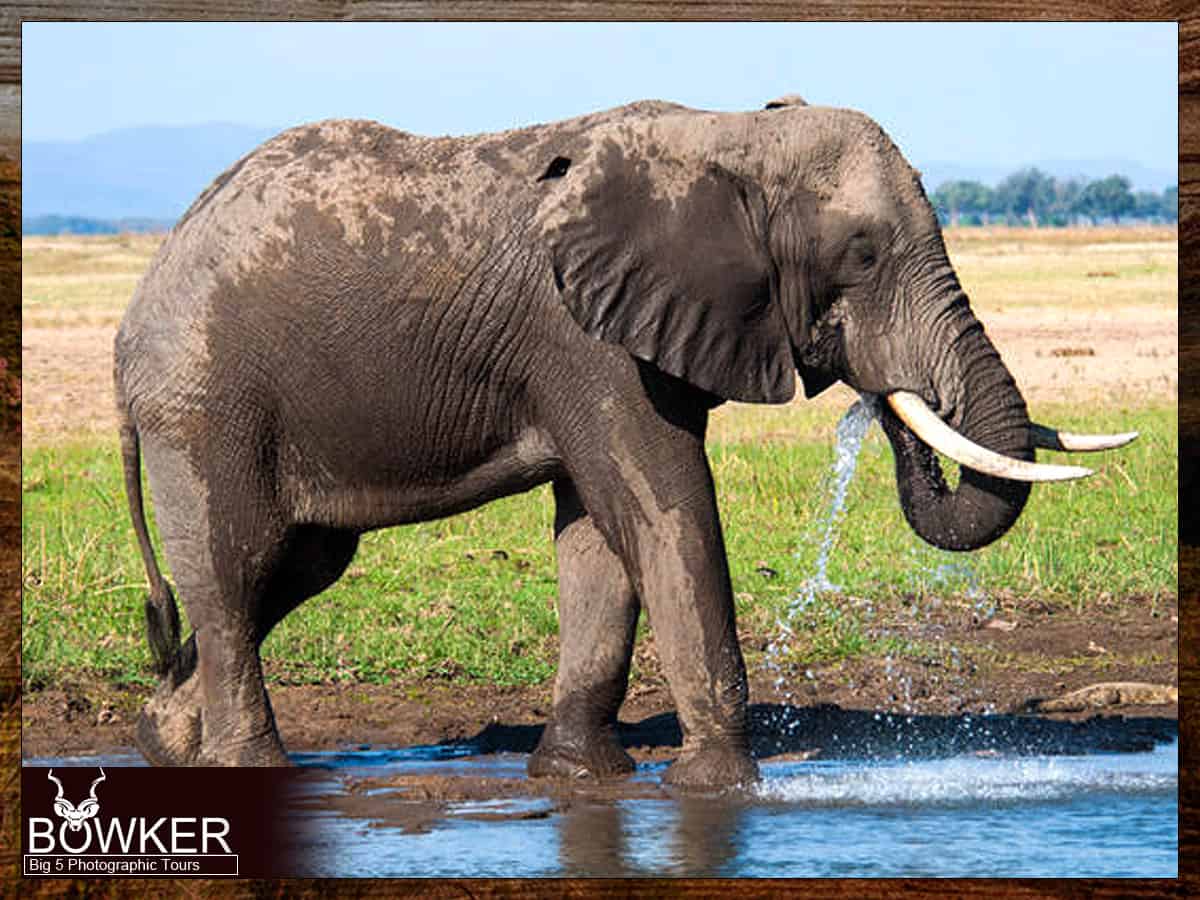
Spekboom Tented Rest Camp
For those looking for a more rustic experience, the Spekboom Tented Rest Camp is the perfect choice. The camp offers six spacious tents equipped with comfortable beds, en-suite bathrooms, and private decks with stunning views of the valley below. The camp also has a communal kitchen and braai area, where you can cook up a storm while enjoying the sounds of nature.
Narina Bush Camp
Narina Bush Camp is a small and exclusive camp that offers visitors a chance to experience the park’s wilderness uniquely and intimately. The camp has only five tents, each tastefully decorated and equipped with all the amenities you need for a comfortable stay. The camp also has a communal kitchen and braai area, where you can prepare your meals while enjoying the sights and sounds of the bush.
Each Addo Elephant National Park camp offers a unique and unforgettable experience, allowing visitors to immerse themselves in the park’s beauty and wonder. So come, make yourself at home in the wilderness, and create special memories that will stay with you forever.
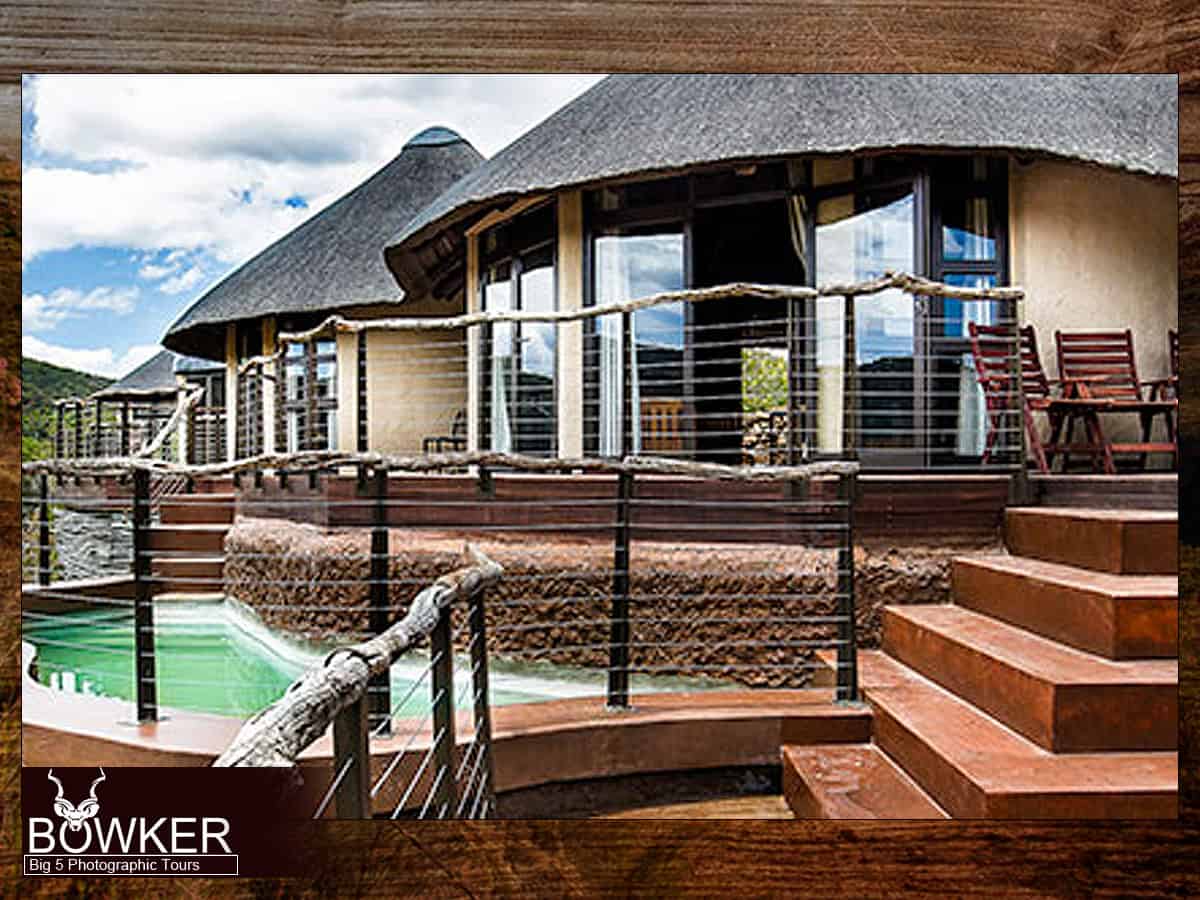
Lodges
The lodges at Addo Elephant National Park are the perfect base for visitors looking to immerse themselves in the beauty and tranquility of nature. With a range of accommodations to choose from, each lodge offers a unique experience that caters to every need and budget. From luxury chalets to cozy cottages, visitors will surely find the perfect lodging that will truly make their stay at Addo Elephant National Park unforgettable. Here’s a closer look at each of the lodges and what makes them unique for visitors:
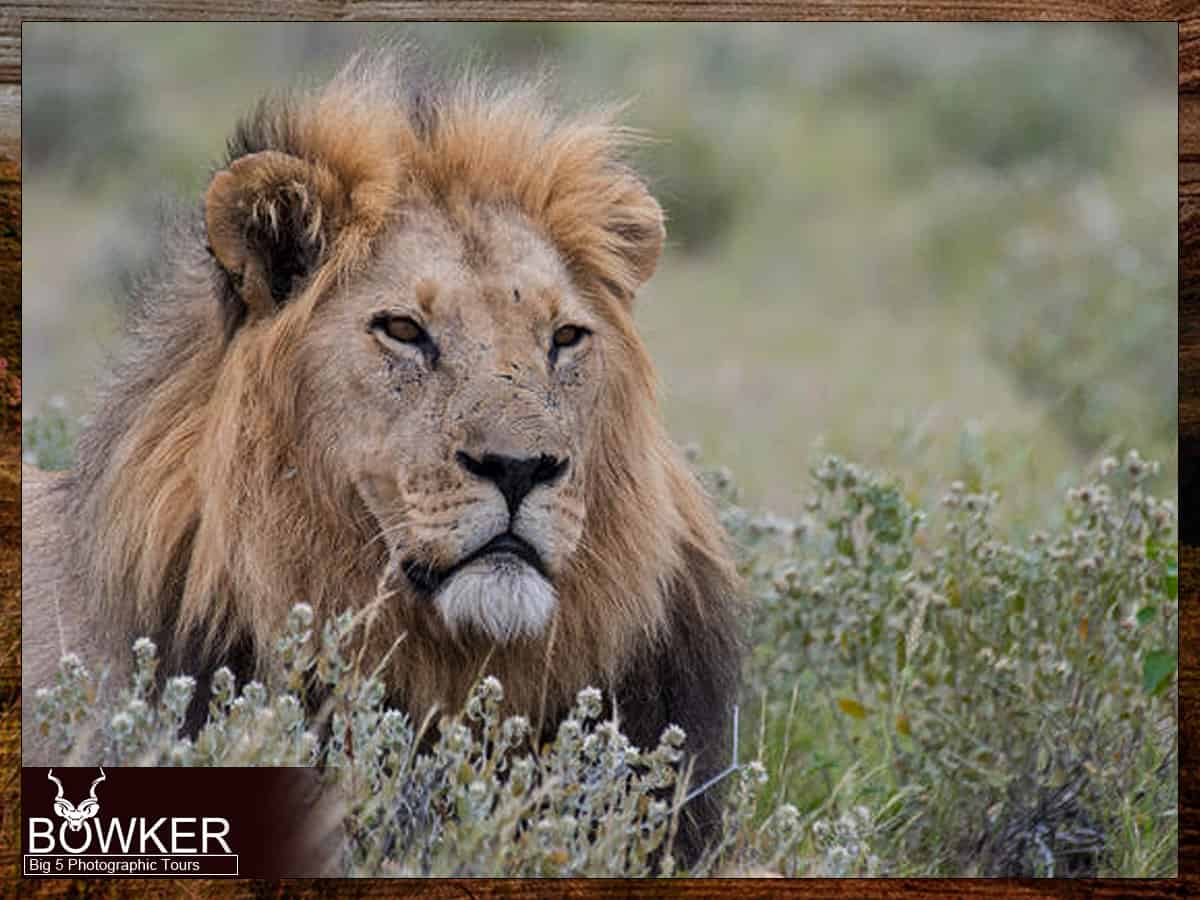
River Bend Lodge
The River Bend Lodge is a luxury lodge located on a private concession within Addo Elephant National Park, offering visitors a chance to experience the park in style and comfort. The lodge provides a range of luxurious accommodations, including suites and cottages, each with a private deck and plunge pool. This lodge’s breathtaking views of the Zuurberg Mountains and the park’s riverine forest make it unique. Visitors can also indulge in a range of facilities, including a spa, restaurant, and pool.
Kuzuko Lodge
The Kuzuko Lodge is a luxurious lodge located in a private concession within Addo Elephant National Park, offering visitors a chance to experience the park’s wildlife in a truly unique way. The lodge provides a range of accommodations, including chalets and suites, each with a private deck and breathtaking views of the park’s wilderness. This lodge is unique in its location on a mountaintop, providing visitors with sweeping views of the park’s valleys and hills. Visitors can also indulge in a range of facilities, including a spa, restaurant, and pool.
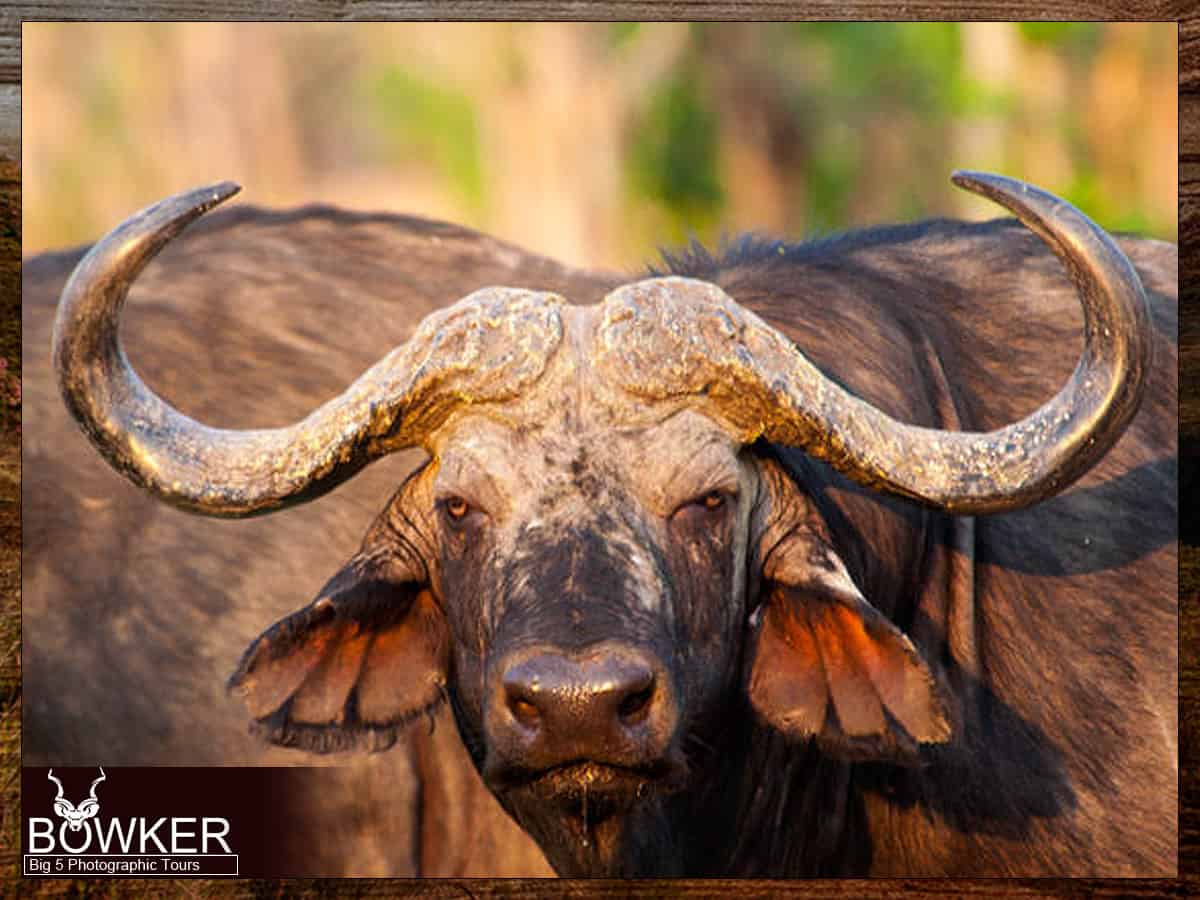
Barefoot Addo Elephant Lodge
This charming lodge offers a unique blend of luxury and rustic charm with its thatched roofs, wooden decks, and cozy interiors. Surrounded by lush gardens and untouched wilderness, the lodge provides a serene and peaceful atmosphere, perfect for those seeking a break from the hustle and bustle of city life. From the warm and welcoming staff to the mouth-watering meals and the comfortable and spacious rooms, every aspect of Barefoot Addo Elephant Lodge is designed to make your stay an unforgettable experience. So come, kick off your shoes, and immerse yourself in the beauty of nature at this stunning lodge.
Darlington Lake Lodge
Surrounded by the tranquil waters of Darlington Lake and the park’s lush vegetation, the lodge provides a serene retreat that is perfect for nature lovers and adventure seekers alike. With its luxurious accommodation, gourmet cuisine, and spectacular views, the Addo Darlington Lake Lodge is an oasis of tranquility that will leave you feeling refreshed, rejuvenated, and ready to take on the world. Whether you’re looking to unwind, explore, or simply indulge in the wonders of nature, the Addo Darlington Lake Lodge is the perfect destination for your next adventure.
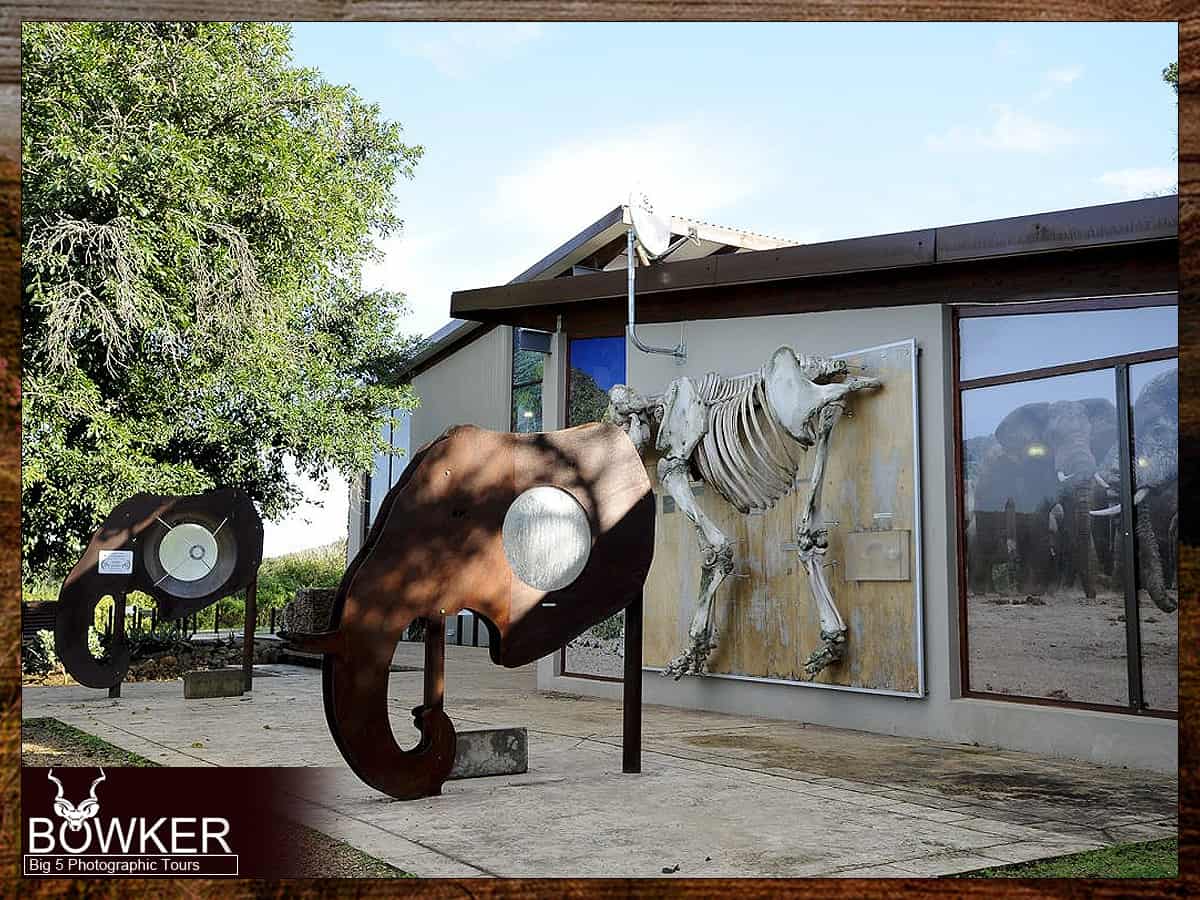
Booking and Reservation Tips
Are you planning a trip to Addo Elephant National Park and wondering how to make the most of your experience? Here are some booking and reservation tips to help you plan your dream trip:
Book in advance
Addo Elephant National Park is a popular destination that tends to fill quickly, especially during peak season. It’s best to book your accommodation and activities in advance to avoid disappointment.
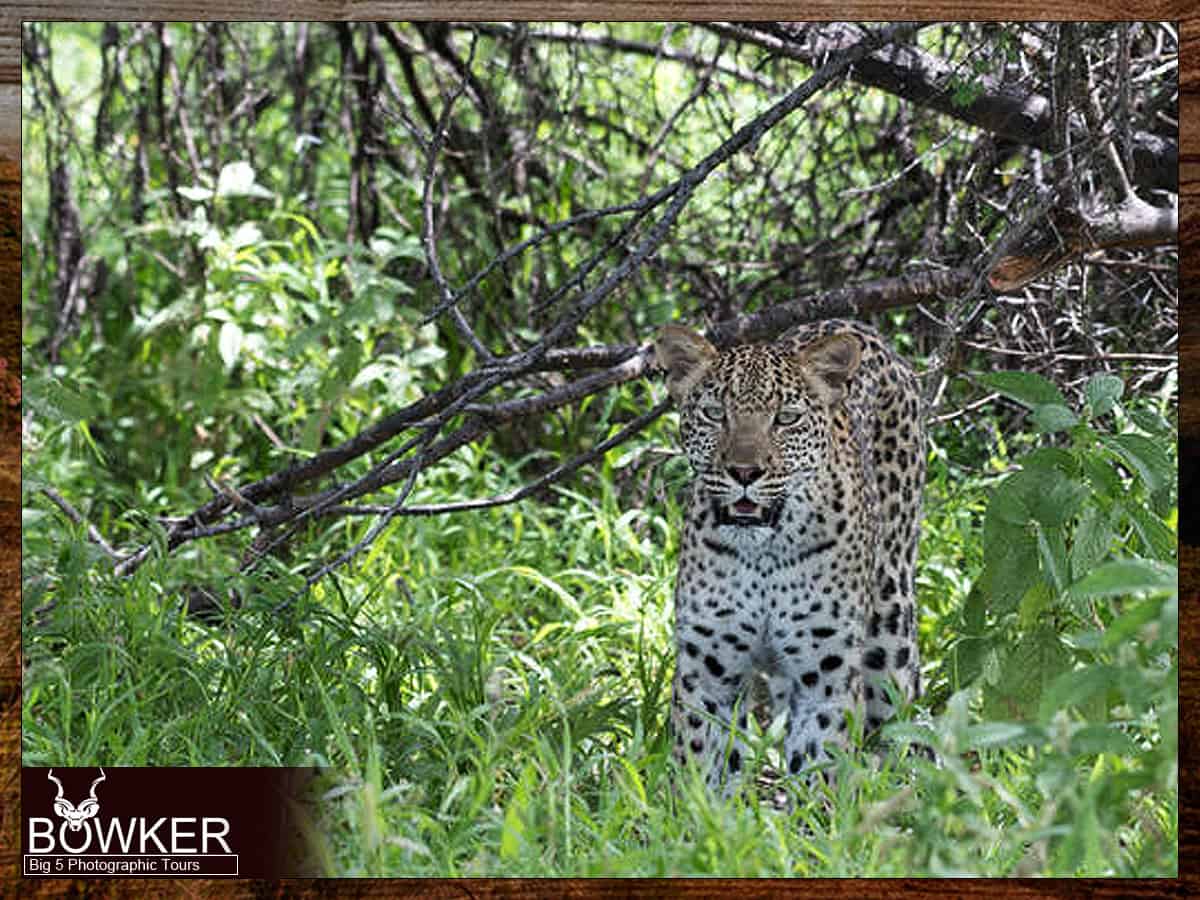
Consider Staying Inside the Park
Staying inside offers a unique experience and lets you get closer to nature. The park has a variety of accommodation options, including campsites, chalets, and luxury lodges.
Choose your activities wisely
The park offers a range of activities, from self-drive safaris to guided game drives, hiking, and bird watching. Choose your activities based on your interests and fitness level and book them in advance to avoid disappointment.
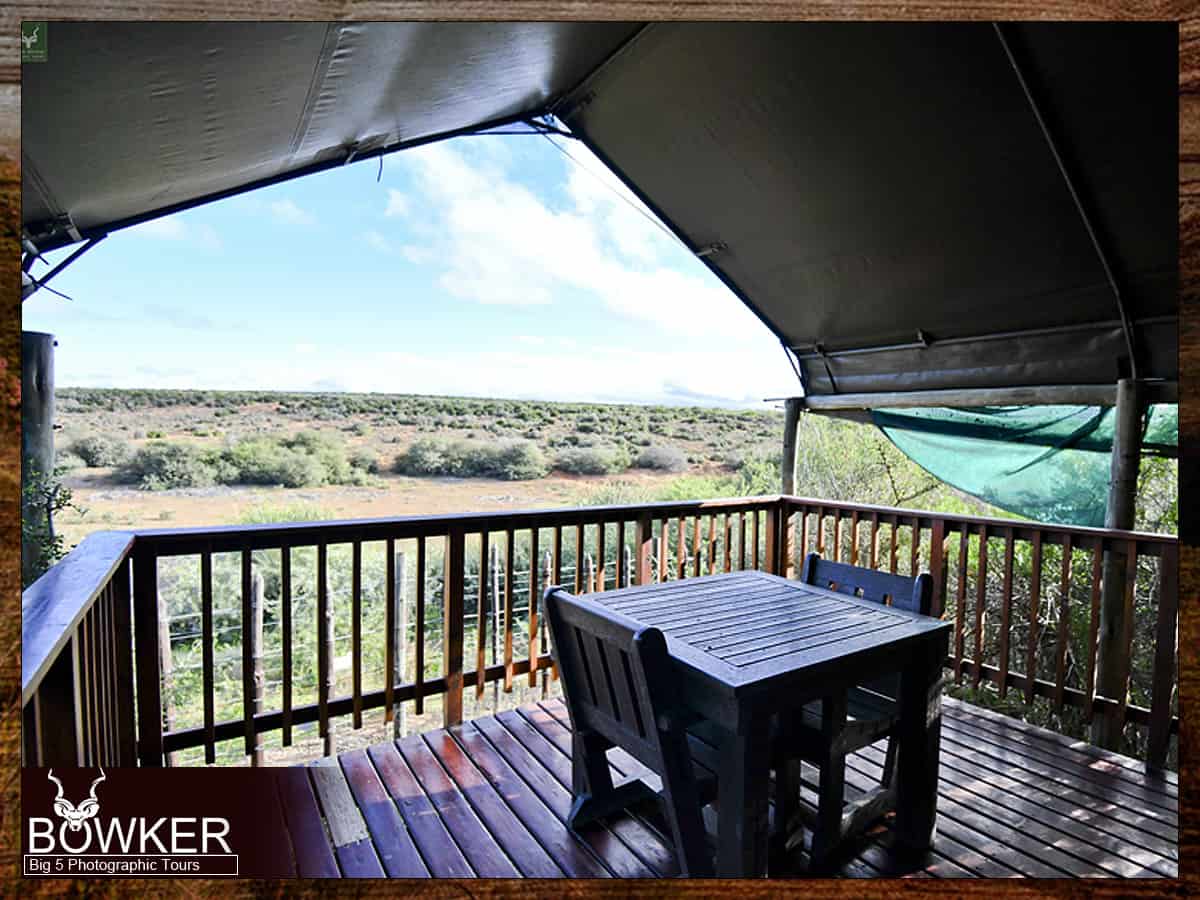
Keep the weather in mind
The Eastern Cape can get hot in the summer, so pack accordingly. Bring sunscreen, a hat, and light clothing. It can get chilly in the winter, so pack warm clothing.
Bring your camera
Addo Elephant National Park is a photographer’s paradise, so be sure to bring your camera and capture the magic of nature. Remember to pack spare batteries and memory cards.
With these tips in mind, you can make the most of your trip to Addo Elephant National Park and create unforgettable memories that will stay with you forever. So pack your bags, book your accommodation and activities, and prepare for the adventure of a lifetime!
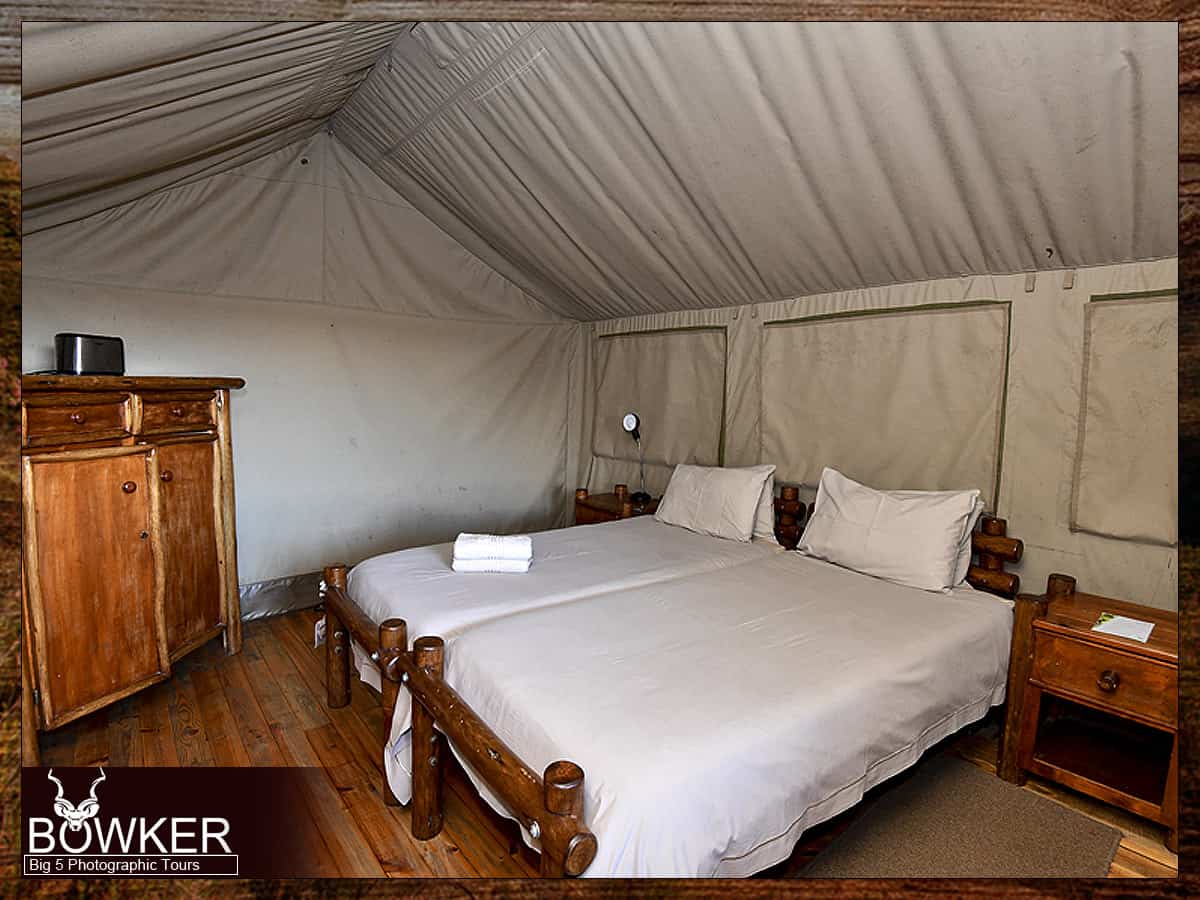
How to Get There
If you’re planning a trip to Addo Elephant Park, you’ll need to know how to get there. Fortunately, plenty of transportation options are available to make your journey as smooth and hassle-free as possible.
If you’re driving, follow the signs to the park entrance. The park is about an hour’s drive from Port Elizabeth, and the road is well-maintained and easy to navigate. Along the way, you’ll enjoy stunning views of the Eastern Cape’s rolling hills and rugged coastline – a perfect way to start your safari adventure.
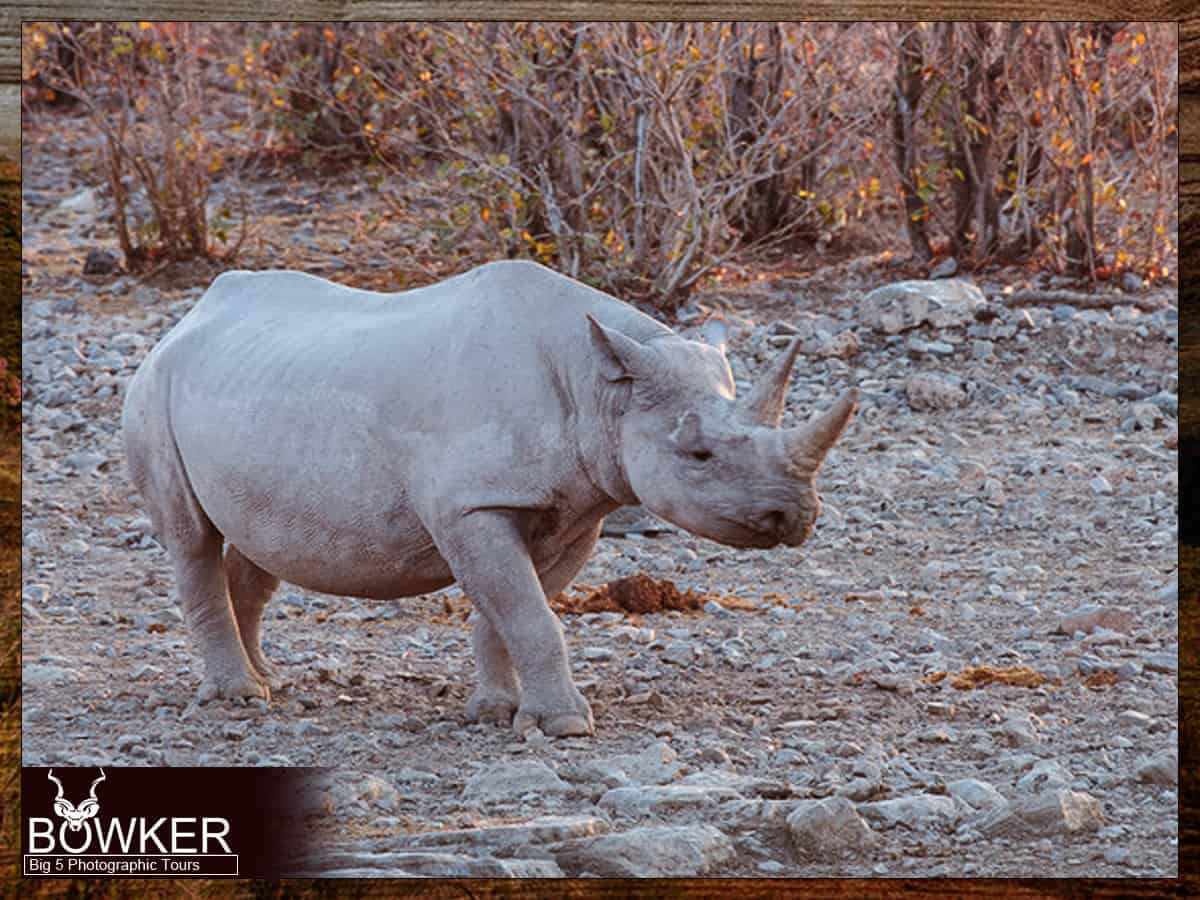
If you prefer to avoid driving, several tour operators and shuttle services offer transportation to the park. These services are a great option if you’re traveling with a group or want to sit back and relax while someone else does the driving.
For those who prefer public transportation, regular buses run between Port Elizabeth and the nearby town of Colchester. From there, you can take a taxi or arrange a pickup from your accommodation.
No matter how you choose to get there, the journey to Addo Elephant Park is sure to be an adventure in itself. So sit back, relax, and get ready to experience the wonder and beauty of one of South Africa’s most beloved national parks.
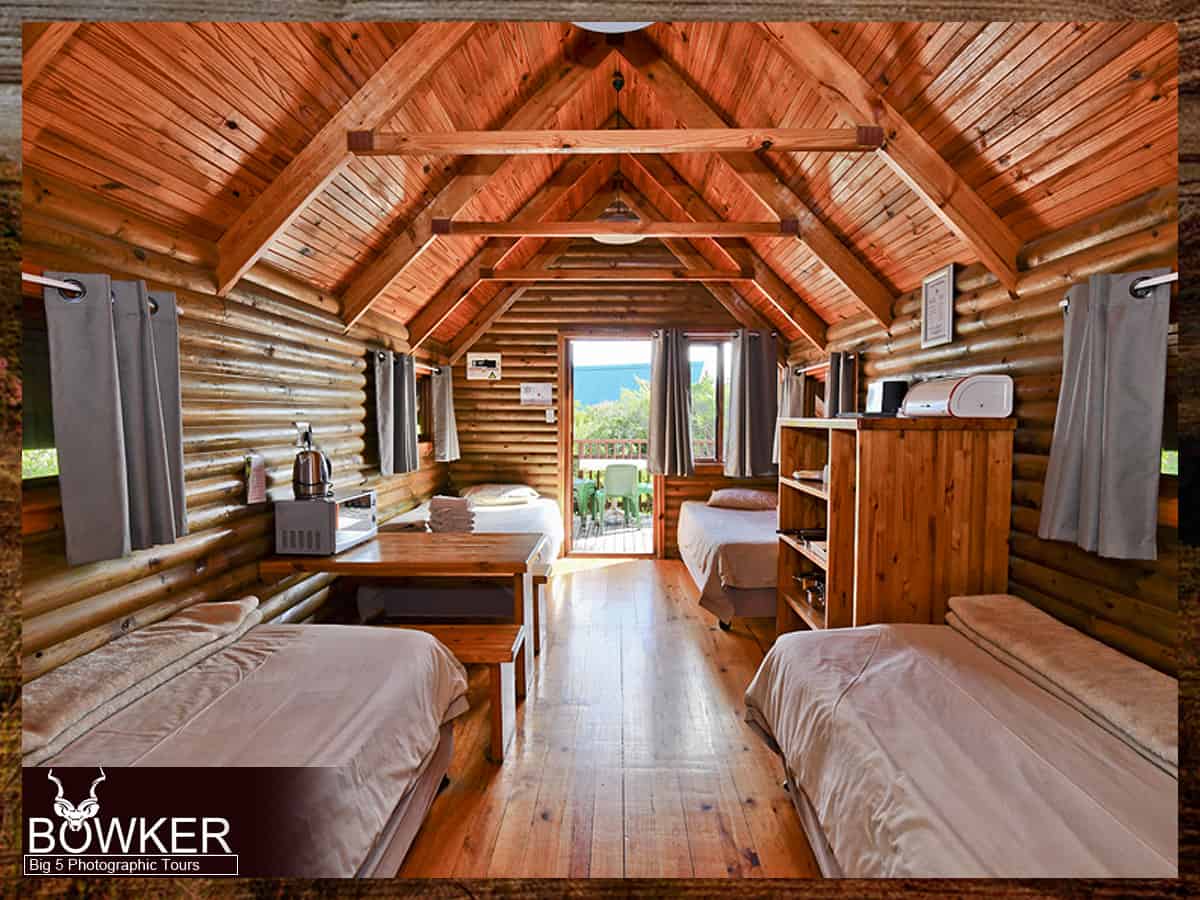
Nearby towns and cities
There are several nearby towns and cities worth exploring. First, there’s the charming town of Kirkwood, located just 15km from the park. Kirkwood is known for its citrus orchards, and visitors can tour one of the local farms to learn more about this industry. While you’re in town, be sure to check out the Kirkwood Wildlife Festival, which takes place in June and celebrates the region’s rich biodiversity.
Another nearby town worth visiting is Paterson, which is just 20km from Addo Elephant Park. Paterson is a small town with a long history; visitors can learn about the area’s past at the Paterson Museum. The town is also home to several restaurants and cafes, where you can grab a bite to eat before or after your safari.
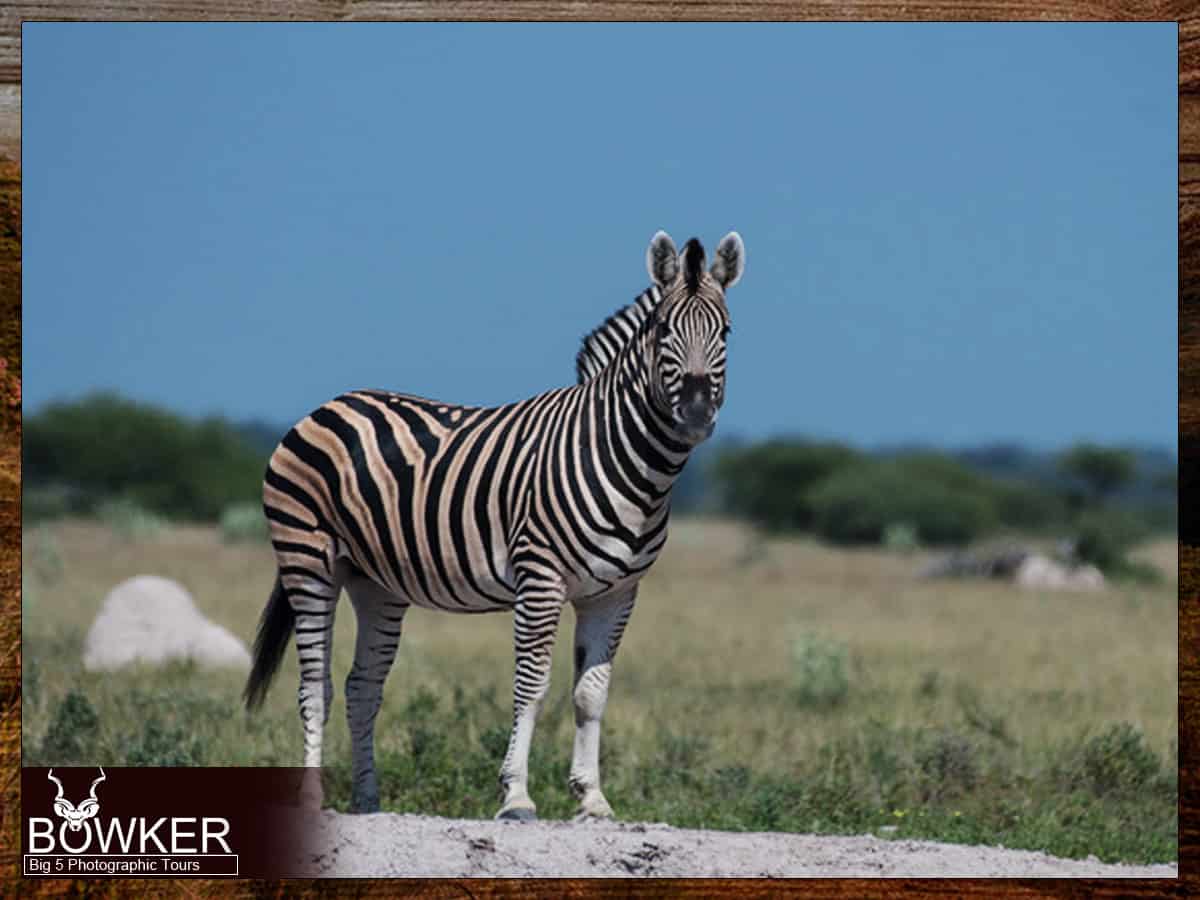
Finally, if you’re looking for a bigger city experience, consider spending some time in Port Elizabeth, located about an hour’s drive from the park. Port Elizabeth is known for its beautiful beaches, excellent restaurants, and vibrant nightlife. The city also has several museums, art galleries, and a bustling market where you can shop for souvenirs and local crafts. Whatever your interests, the nearby towns and cities surrounding Addo Elephant Park offer something for everyone.
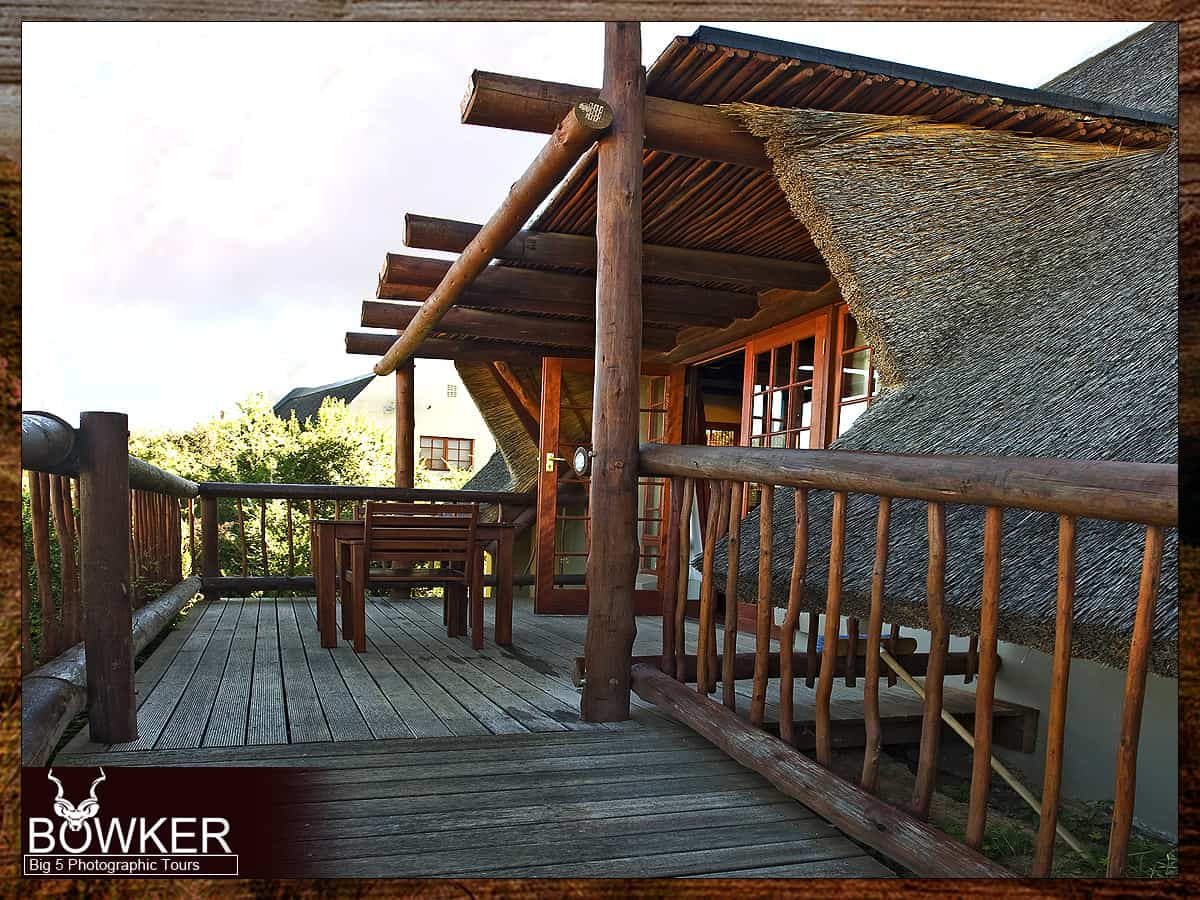
Accessibility for different types of travellers
The park is committed to providing accessibility options that allow all visitors to enjoy the wonders of nature in all their glory. From wheelchair-friendly facilities to guided tours, plenty of options are available to make your Addo Elephant National Park visit a comfortable and enjoyable experience.
If you have limited mobility, the park offers a range of wheelchair-friendly facilities, including restrooms and picnic areas. The park’s main camp, Addo Rest Camp, has wheelchair-friendly accommodations equipped with ramps, grab rails, and wide doorways for easy access. The park’s reception area is also wheelchair-friendly and provides accessible parking spaces.
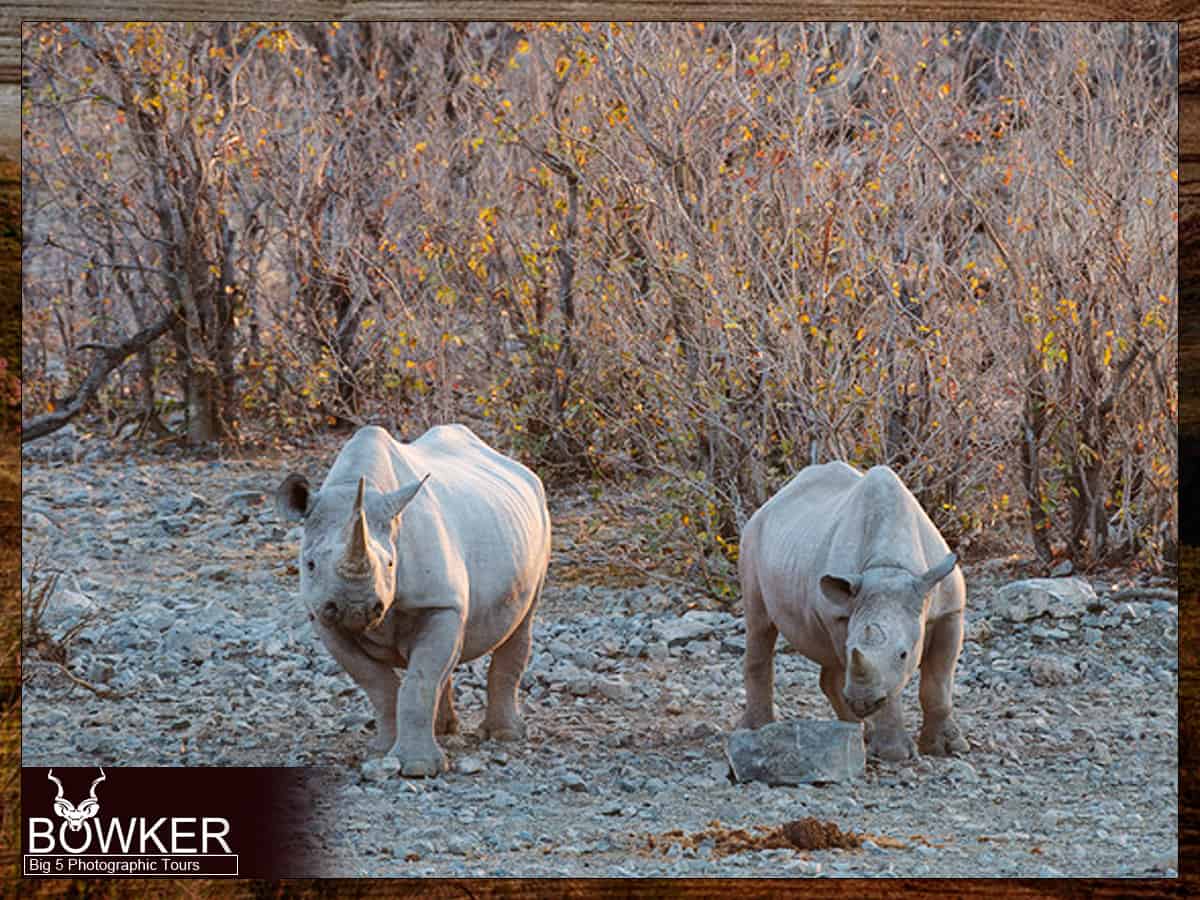
The park offers guided game drives conducted in specially adapted vehicles for visitors who require assistance. These vehicles are equipped with ramps and can accommodate wheelchairs, allowing visitors to get up close and personal with the park’s wildlife. The park also provides guided walks and hikes tailored to suit visitors’ abilities and requirements.
If you have a hearing impairment, the park provides sign language interpreters for guided tours and activities upon request. The park’s visitor information center also provides written materials that can assist visitors with hearing impairments.
In addition to these accessibility options, the park provides a range of services catering to visitors with disabilities. These include Braille maps, audio guides, and information in large print. The park’s staff are trained to assist visitors with disabilities.
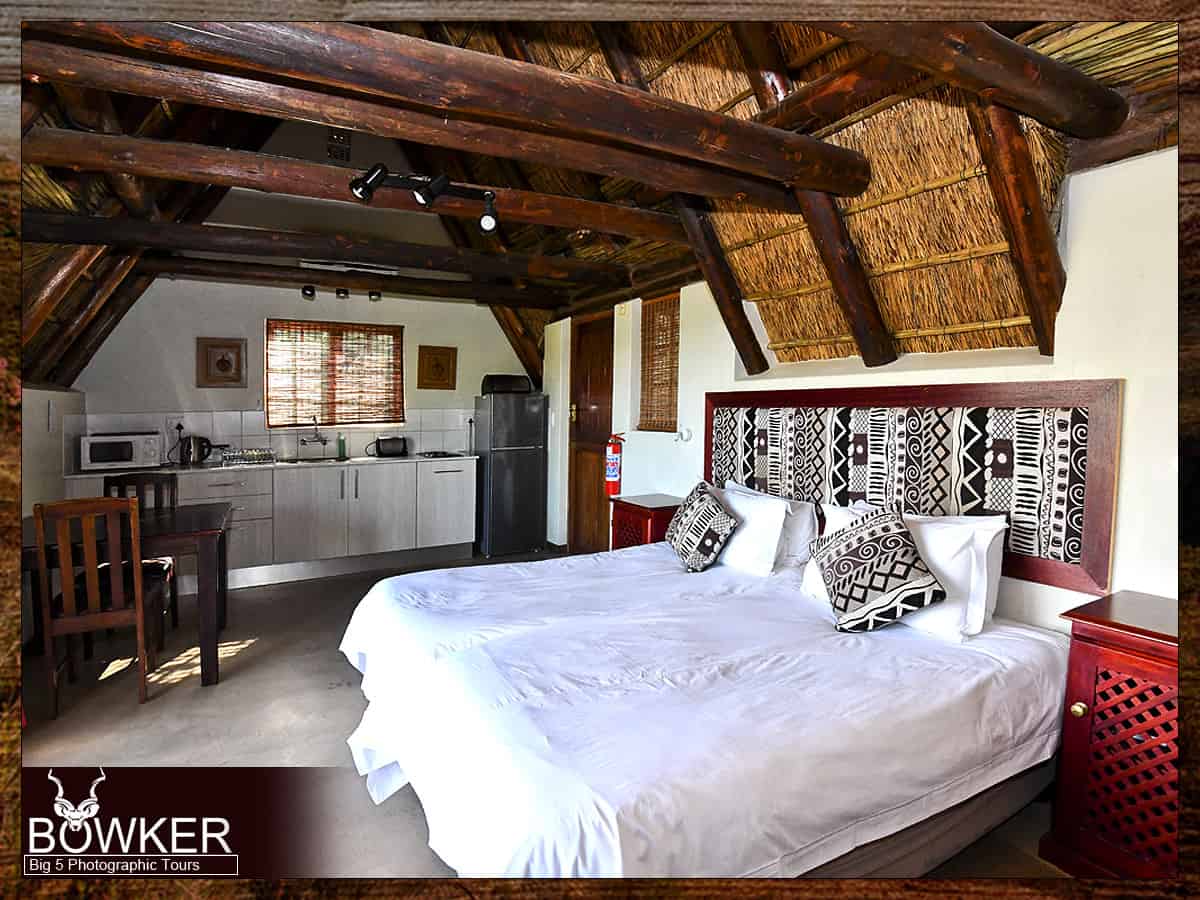
Park Regulations and Etiquette
Wildlife viewing guidelines
It’s important to remember that we are visitors to the animals’ homes, so we need to follow some guidelines to ensure their safety and our own.
First and foremost, always stay in your vehicle while on safari. This is for your own safety and the protection of the animals. It’s also vital to keep a safe distance from the animals – at least 30 meters from elephants and 20 meters from other wildlife.
Please don’t disturb or feed the animals. Remember, they are wild, and their behavior can be unpredictable. Feeding them can also cause them to become dependent on humans for food, which can lead to aggressive behavior.
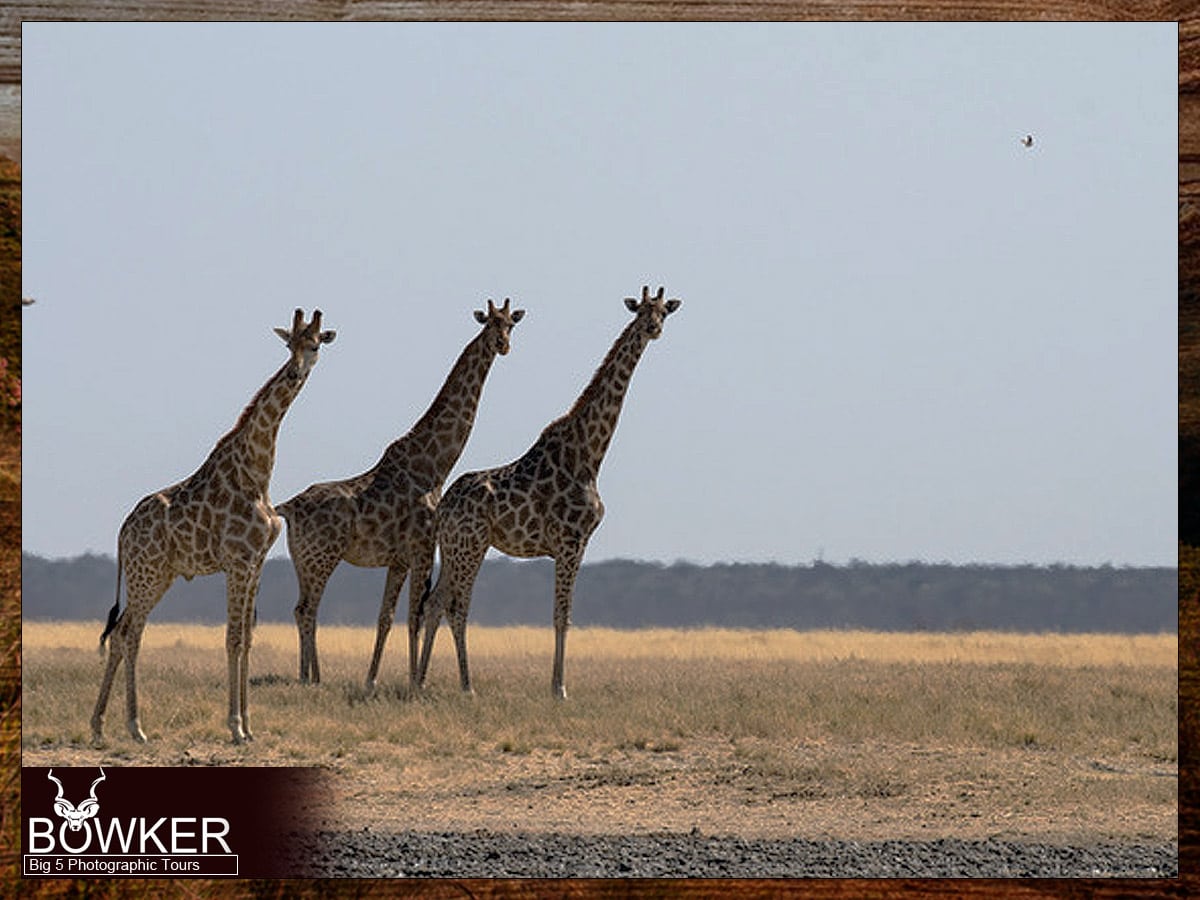
When taking photographs, make sure to use a flash only when it is necessary. The flash can startle or blind the animals, which is unsafe and unfair to them.
Lastly, respect the park’s rules and regulations. They are in place for a reason, and they help to protect both the animals and the environment. It’s our responsibility to ensure that future generations can enjoy the park just as we do.
Always be respectful and enjoy your time in this beautiful and unique environment.
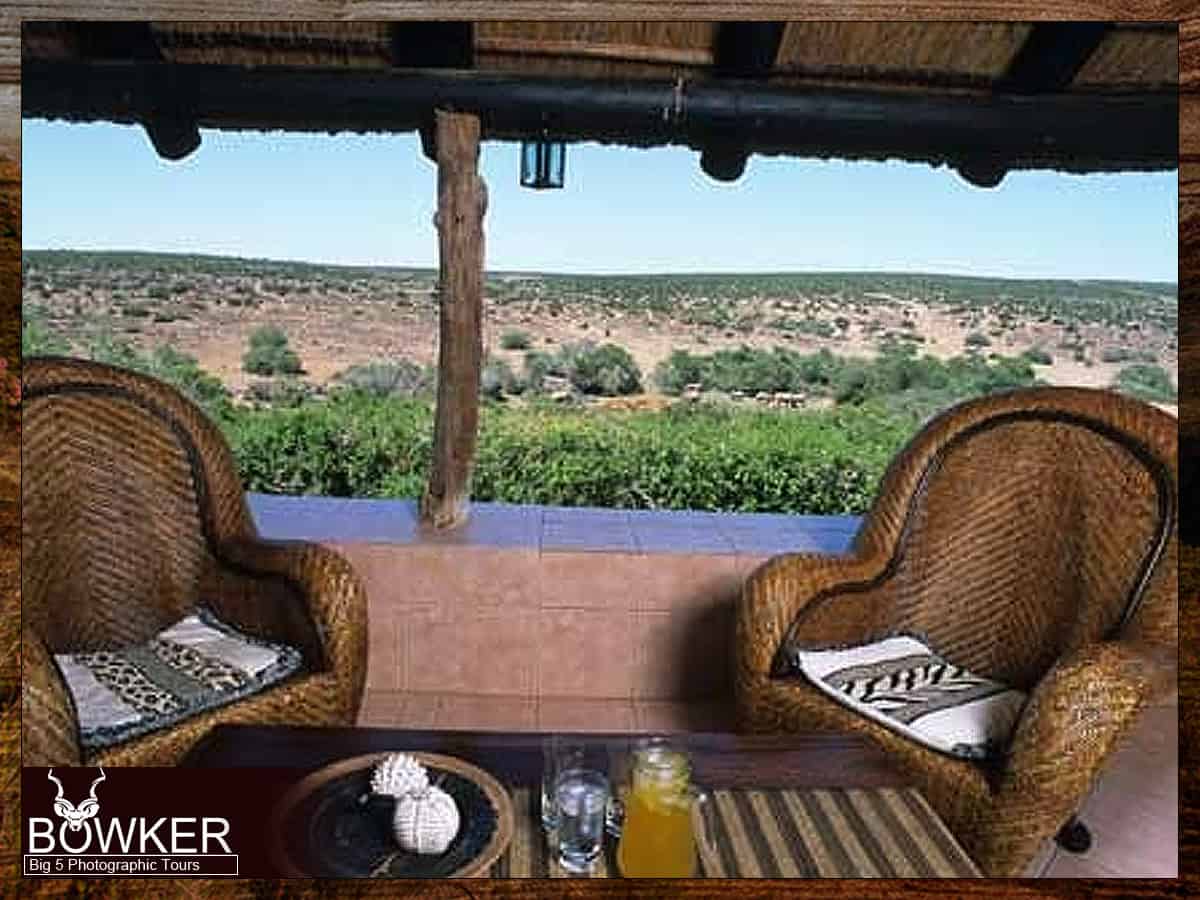
Conservation principles
As a conservation area, park visitors must follow certain principles to ensure they do not harm the environment or the wildlife that call it home. Here are some conservation principles that visitors to Addo Elephant National Park should follow:
Respect the wildlife
Addo Elephant National Park is home to an array of wildlife species, including the Big Five. Visitors to the park should respect the wildlife and keep a safe distance from them. It is also important not to feed the animals or disturb their natural behavior in any way.

Stay on designated roads and paths
The park has designated roads and paths that visitors should stick to. Going off-road can damage the environment and disturb the wildlife.
Do not litter
Litter can be harmful to wildlife and the environment. Visitors to the park should ensure that they dispose of their trash properly.
Conserve water
Water is scarce in the park, and visitors should use it sparingly. They should avoid wasting water and report any leaks or malfunctions to the park authorities.
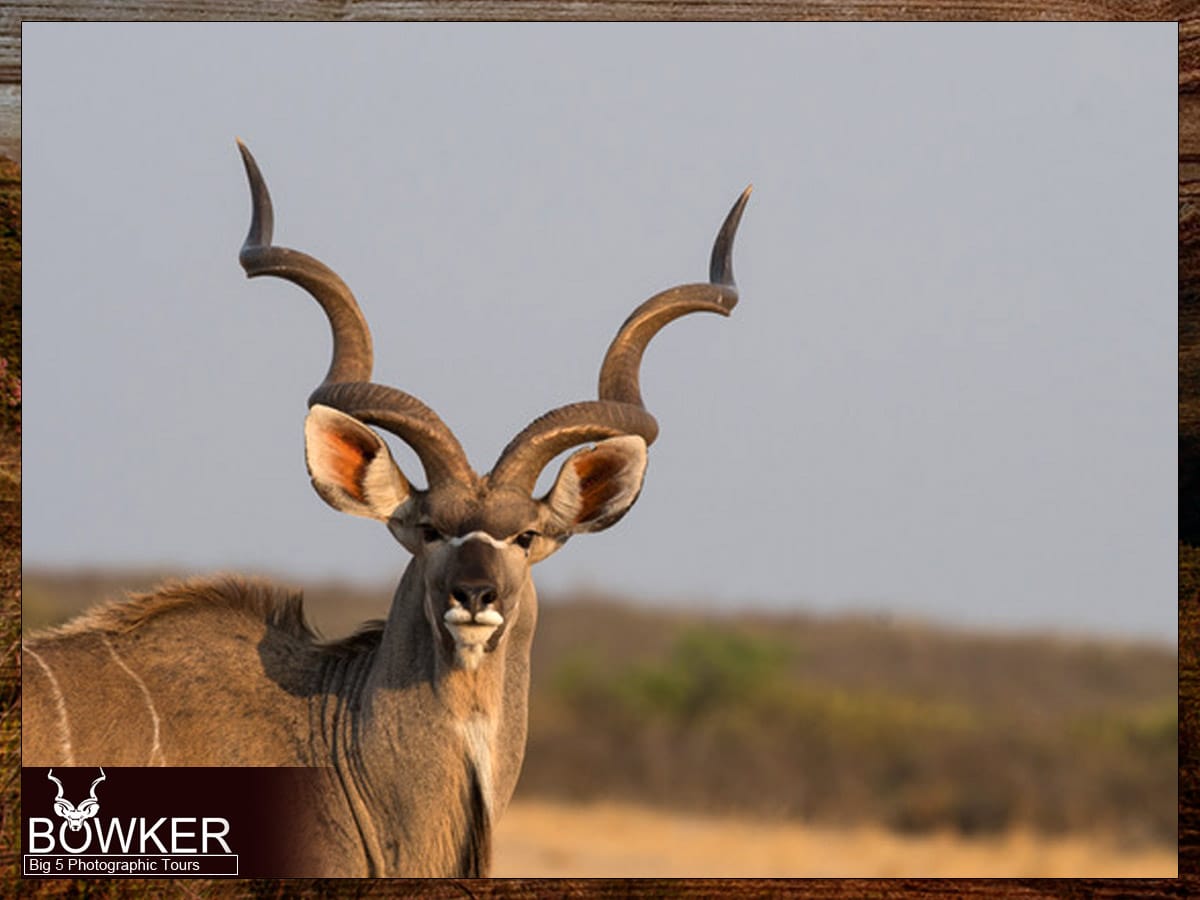
Do not make fires
Fires can be destructive and can harm the environment and wildlife. Visitors should avoid making fires, especially during the dry season.
Use eco-friendly products
Visitors to the park should use eco-friendly products, such as biodegradable soap and sunscreen. These products are less harmful to the environment and the wildlife.
Follow park rules
The park has rules and regulations that visitors should follow. These rules are in place to ensure visitors’ safety and the park’s conservation. Visitors should adhere to these rules at all times.
By following these conservation principles, Addo Elephant National Park visitors can help preserve the park’s natural beauty and ensure that it remains a unique and awe-inspiring destination for generations to come.
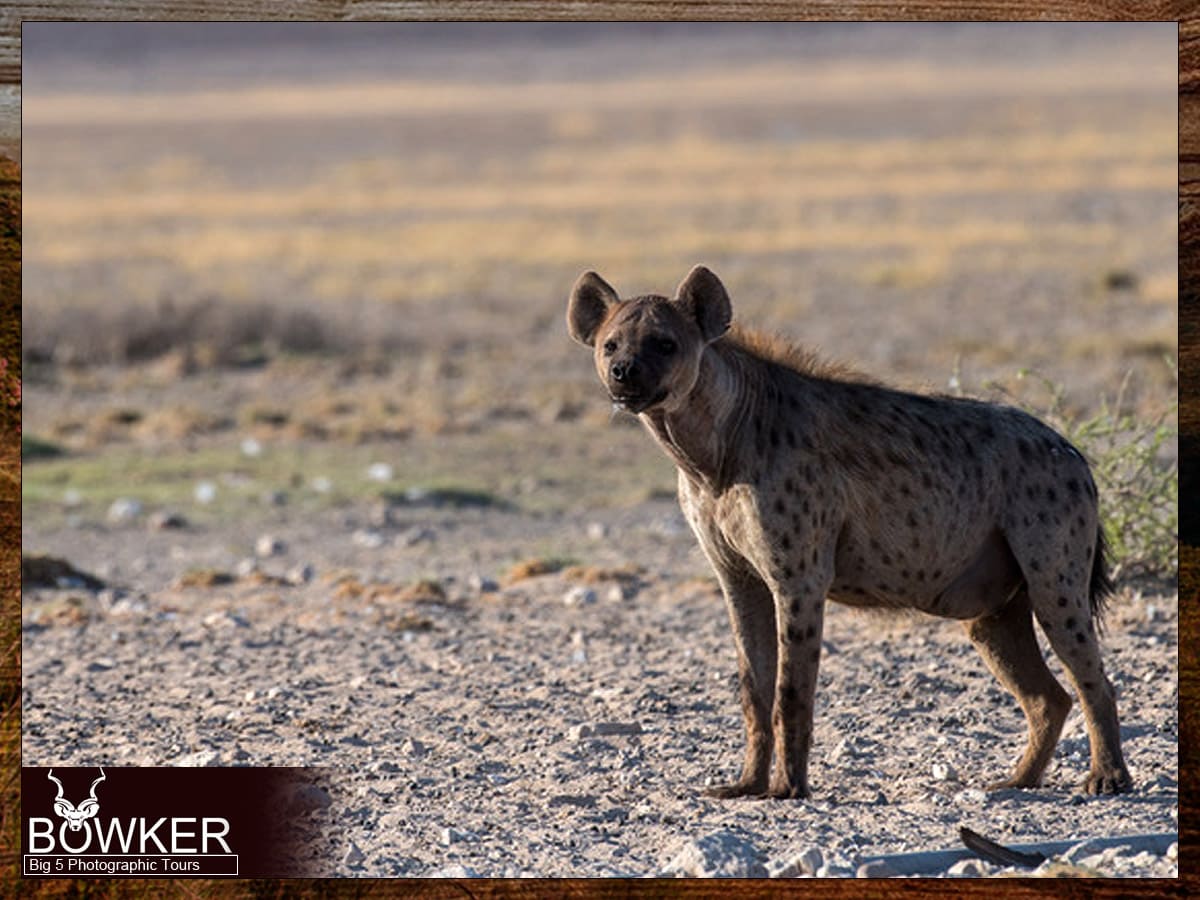
Best Time to Visit
You might be wondering when the best time to visit is. Well, the answer is simple – any time of year is an excellent time to visit Addo Elephant National Park!
In the summer months (November to February), the park is lush and green, with plenty of waterholes for the animals to drink from. Summer is also the best time to see the park’s birdlife, as the migratory birds flock to the park during this time.
If you prefer cooler weather, the winter months (June to August) are perfect for you. The vegetation is not as thick, making it easier to spot the animals. The cooler temperatures also make exploring the park on foot easier without worrying about heat exhaustion.

But no matter when you visit, there’s always something to see and do in Addo Elephant National Park. From watching the elephants drink from the waterholes to spotting lions lounging in the shade, every moment is an adventure waiting to happen.
So pack your bags and head to Addo Elephant National Park, where nature’s beauty awaits you!
Local Communities and Culture
Addo Elephant National Park is a wildlife sanctuary and home to several local communities that have lived here for generations. These communities are an integral part of the park’s cultural heritage, and their traditions and customs add to the richness of the visitor experience.
The park is surrounded by several towns and villages that offer a glimpse into the local way of life. These communities are known for their friendly and welcoming nature, and visitors are often invited to participate in traditional activities and festivals.
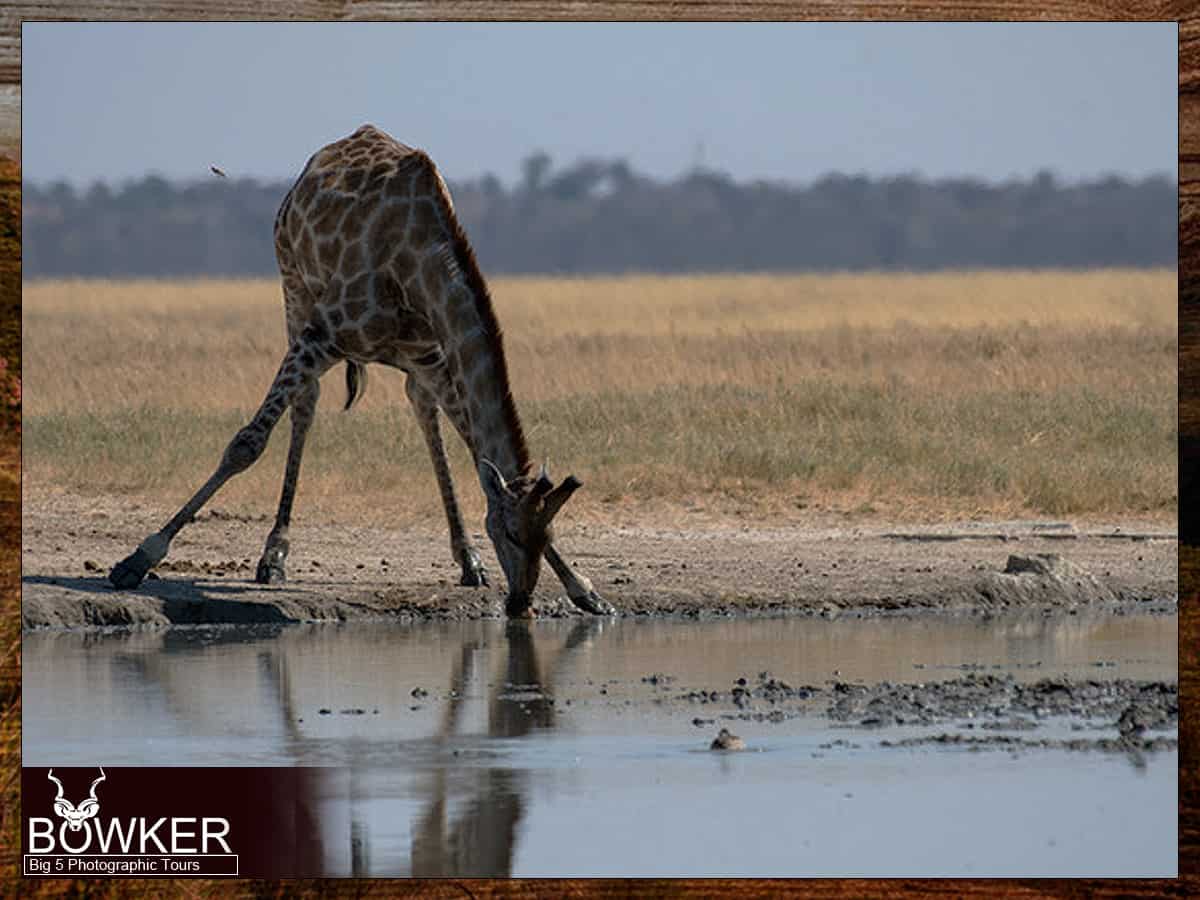
One such community is the Xhosa people, who are the largest ethnic group in the Eastern Cape. They have a rich cultural heritage that is steeped in tradition and history. Visitors to Addo Elephant National Park can experience the Xhosa way of life through cultural tours that showcase their customs, dances, and music.
Another community worth exploring is the Afrikaans community, which has a long and storied history in the Eastern Cape. They are known for their hospitality and love of the outdoors, and visitors can experience their culture through traditional food, music, and festivals.
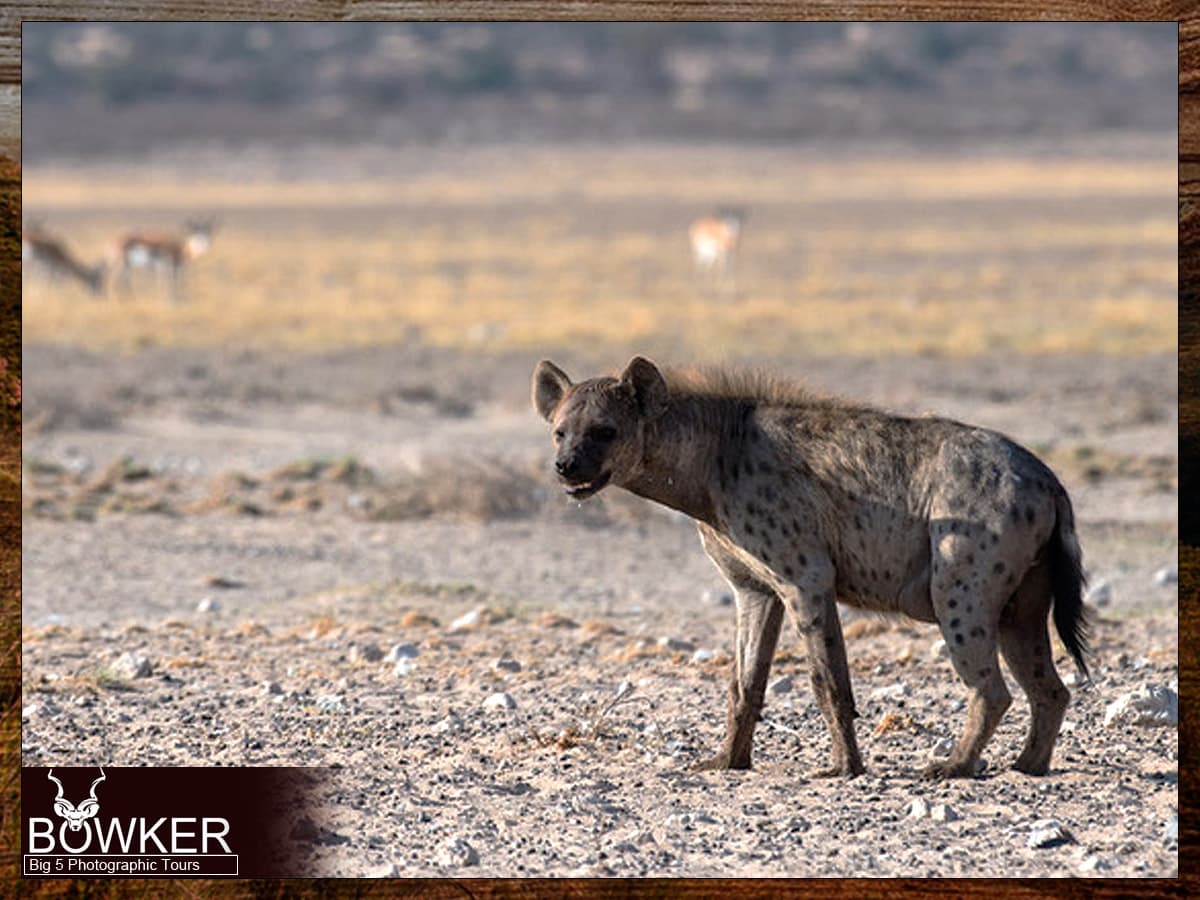
The local communities in and around Addo Elephant National Park are also known for their arts and crafts. Visitors can purchase handmade items like pottery, baskets, and beaded jewelry unique to the region. These items make for great souvenirs and also support the local economy.
In addition to exploring the local communities, visitors can also learn about the history of the park and the people who have contributed to its growth and development. The park’s visitor center has displays that showcase the park’s cultural and natural heritage, and visitors can participate in guided tours that provide a deeper understanding of the park’s history and significance.
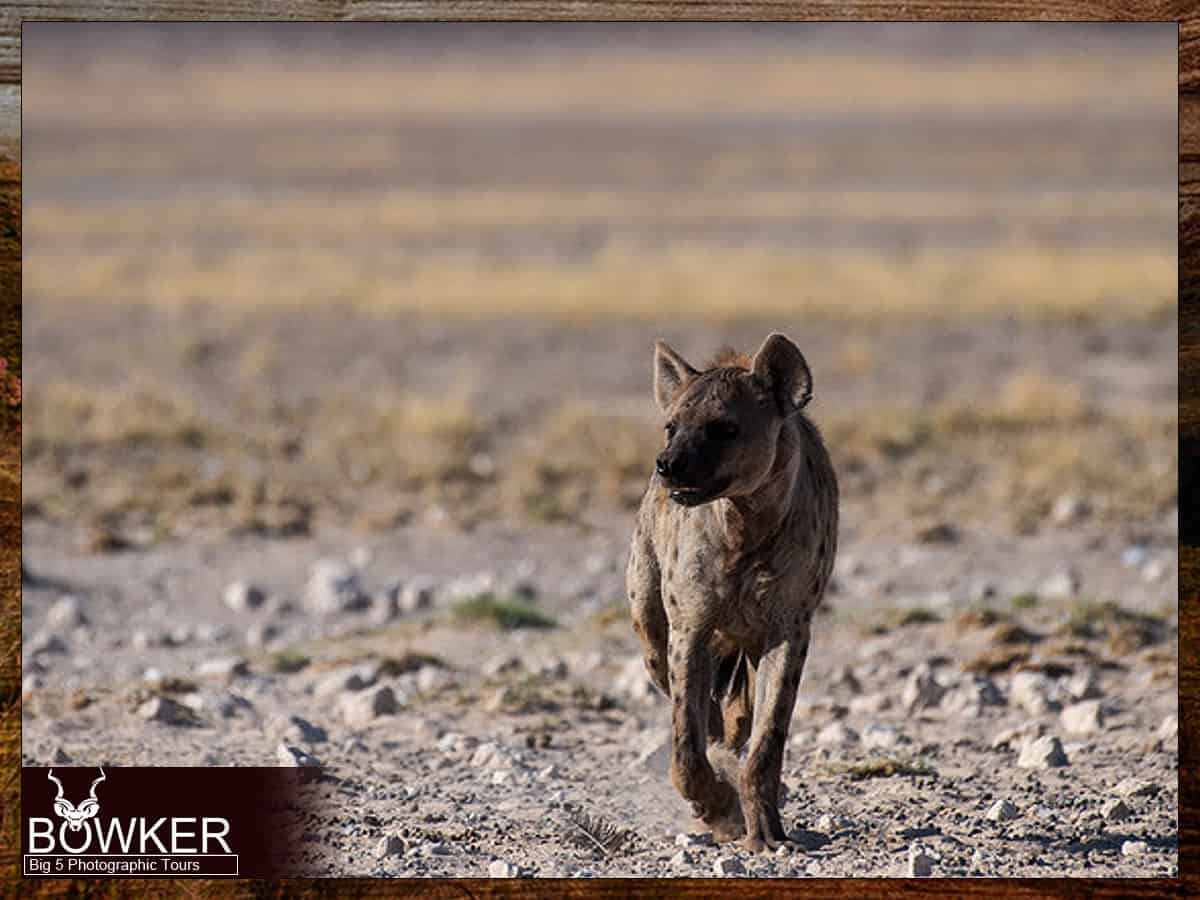
Overall, Addo Elephant National Park is not just a wildlife sanctuary but a place where visitors can immerse themselves in the local culture and traditions. The local communities add to the richness of the visitor experience, and their warm hospitality and welcoming nature make for a truly unforgettable trip.
